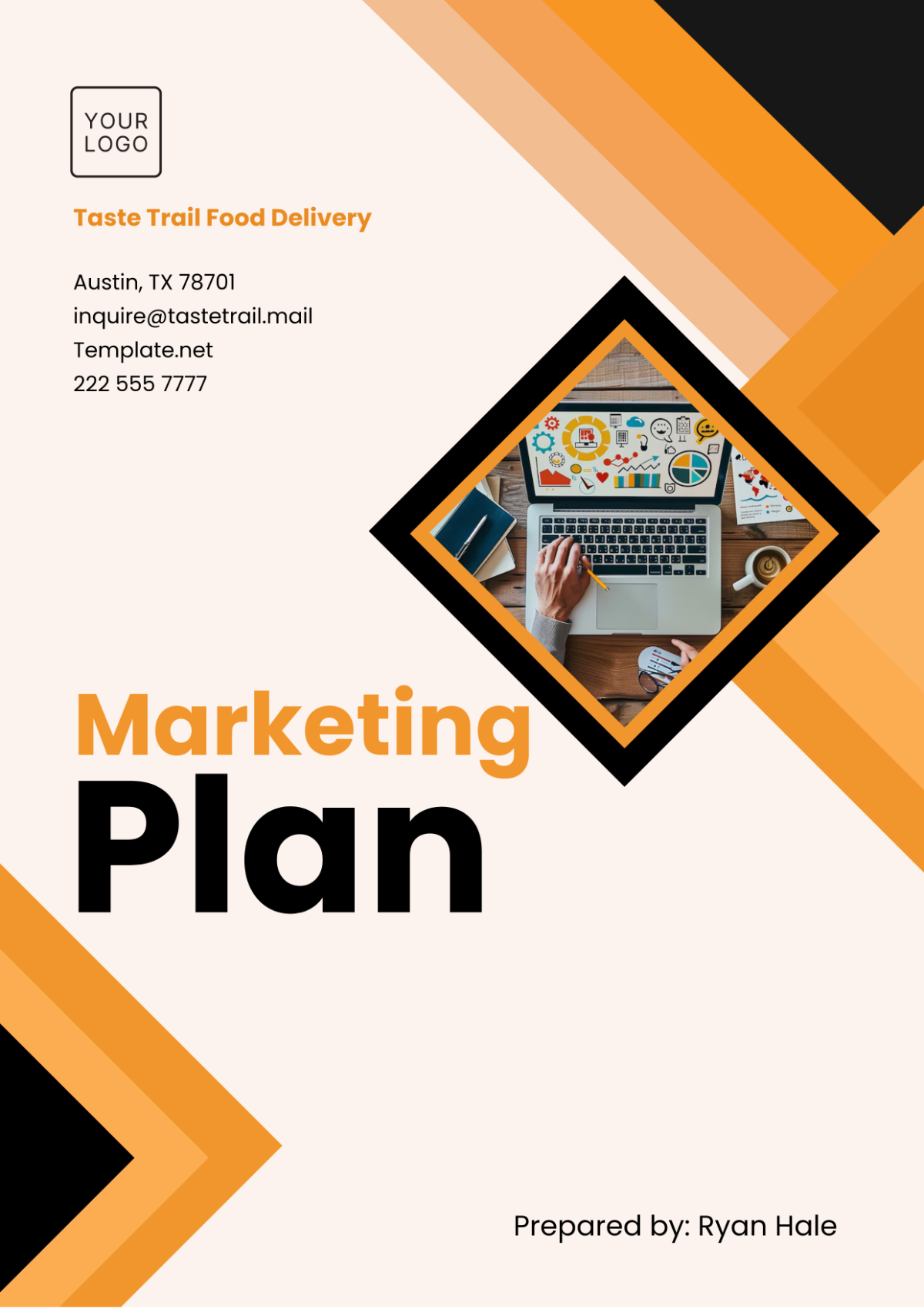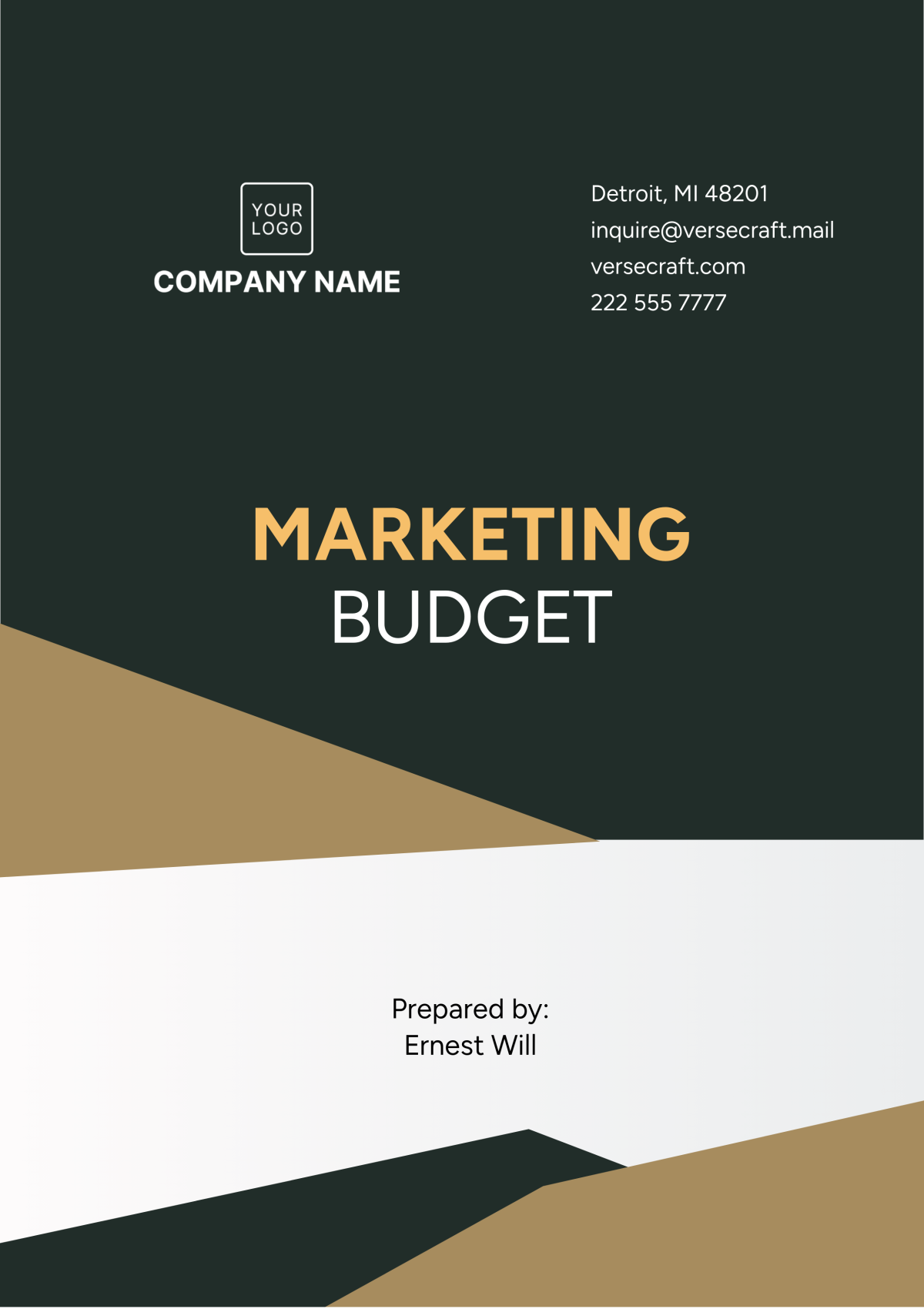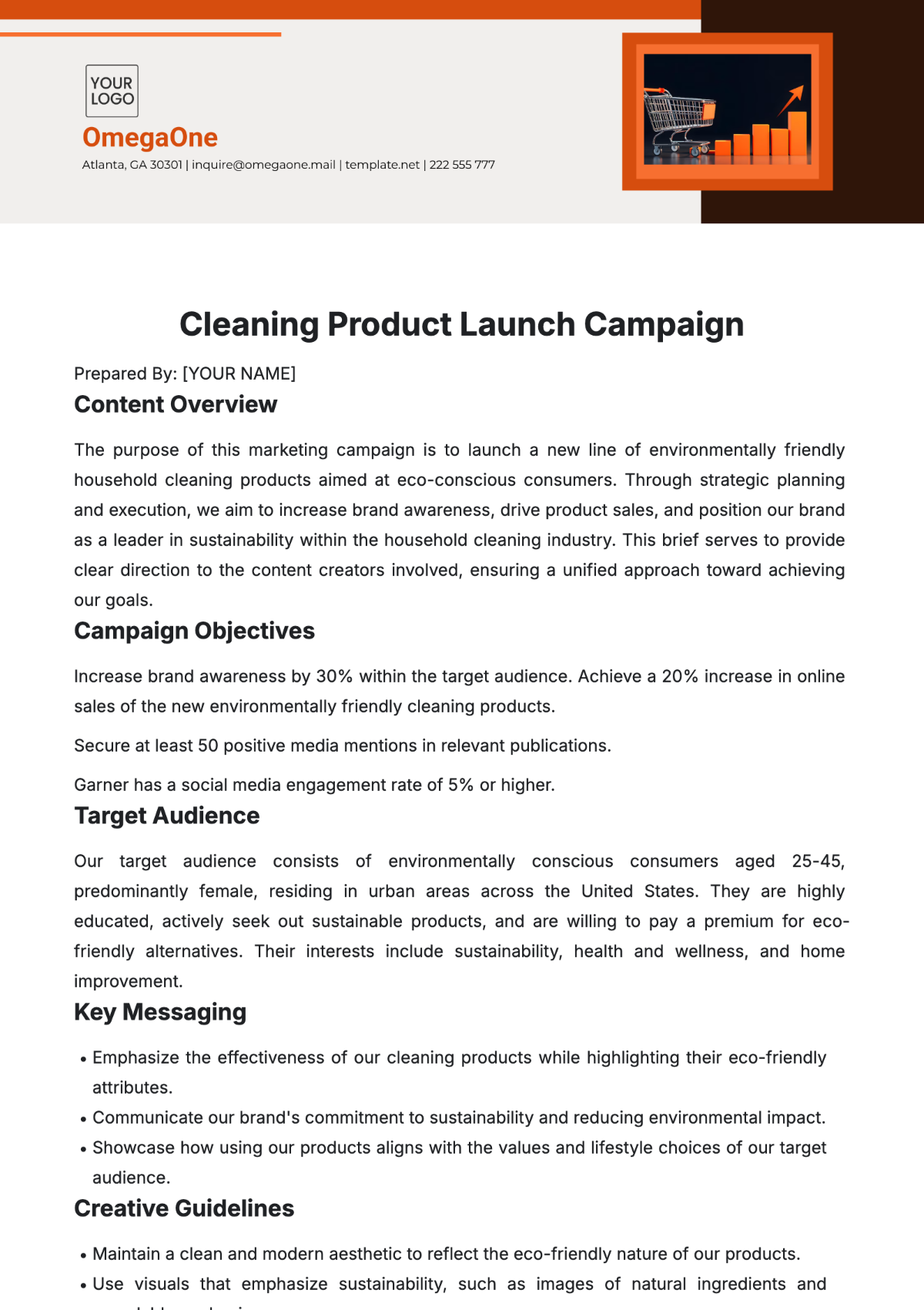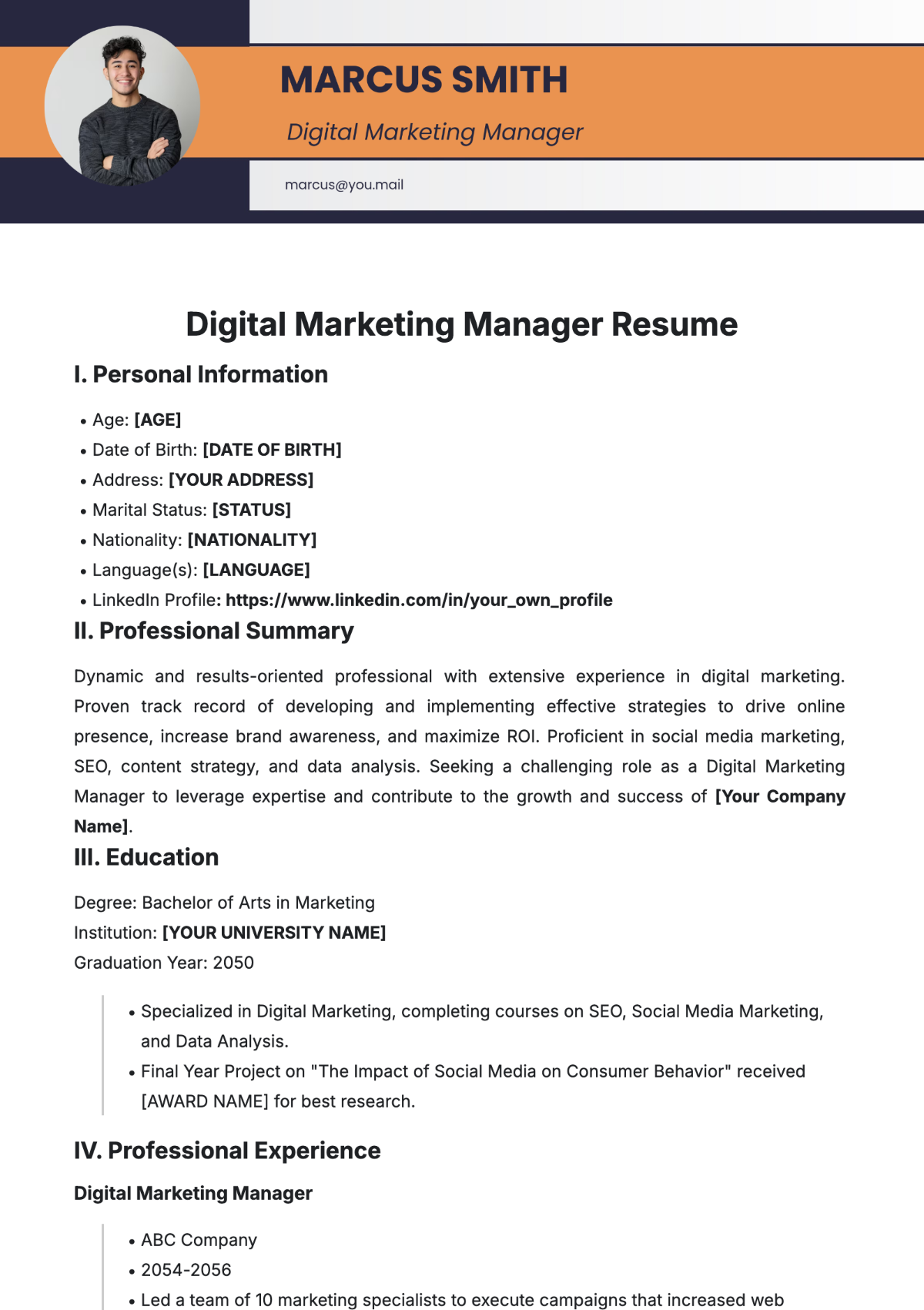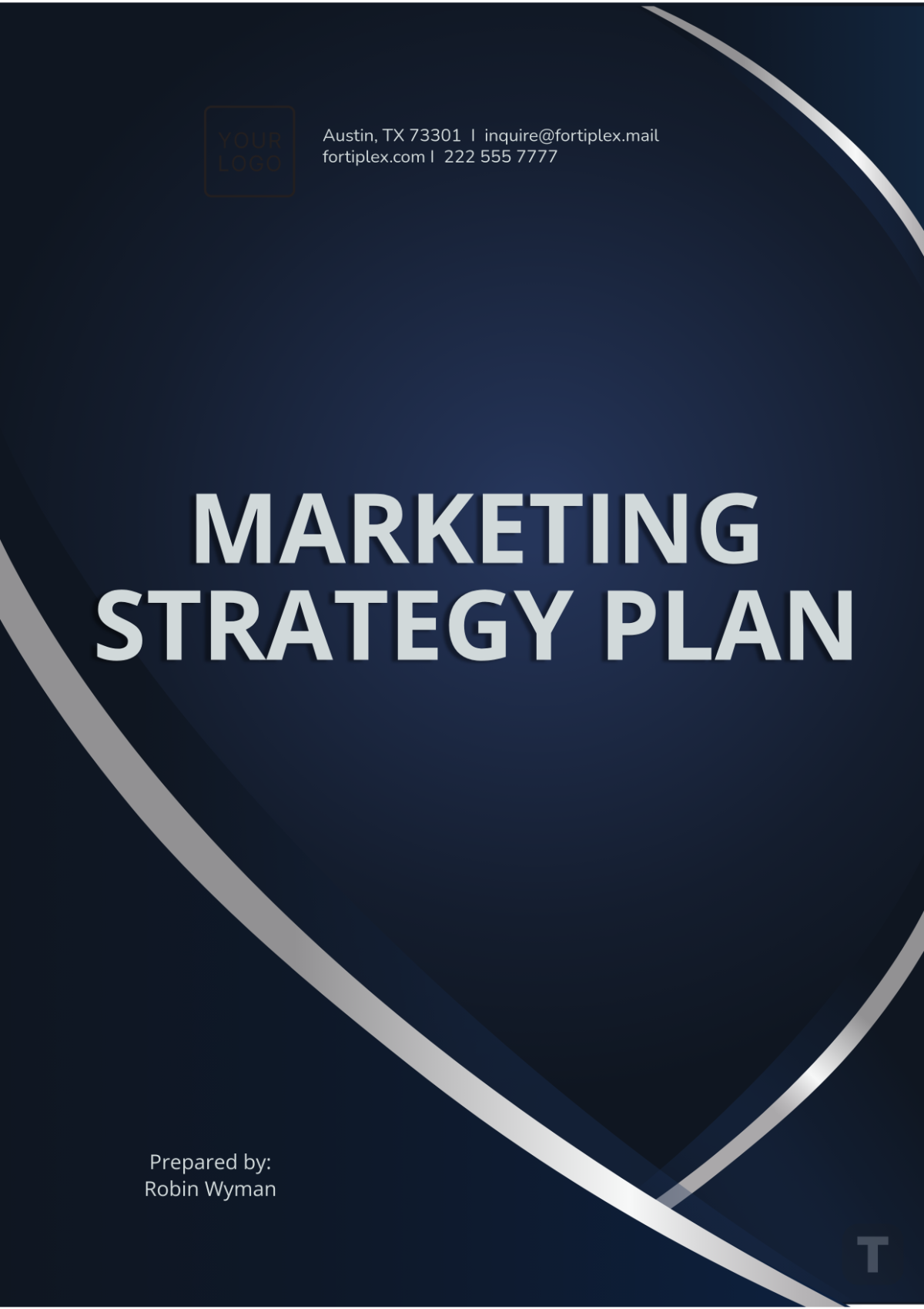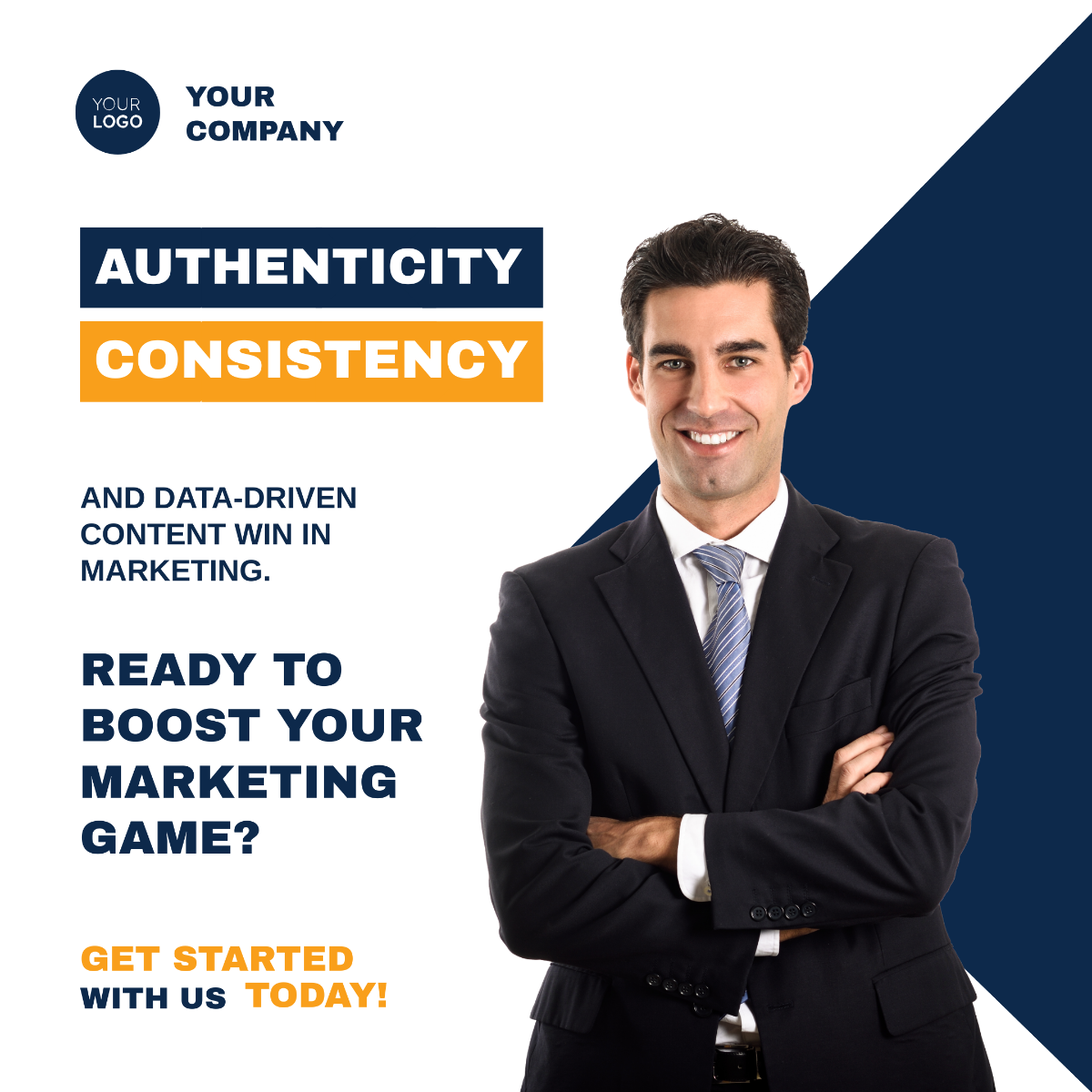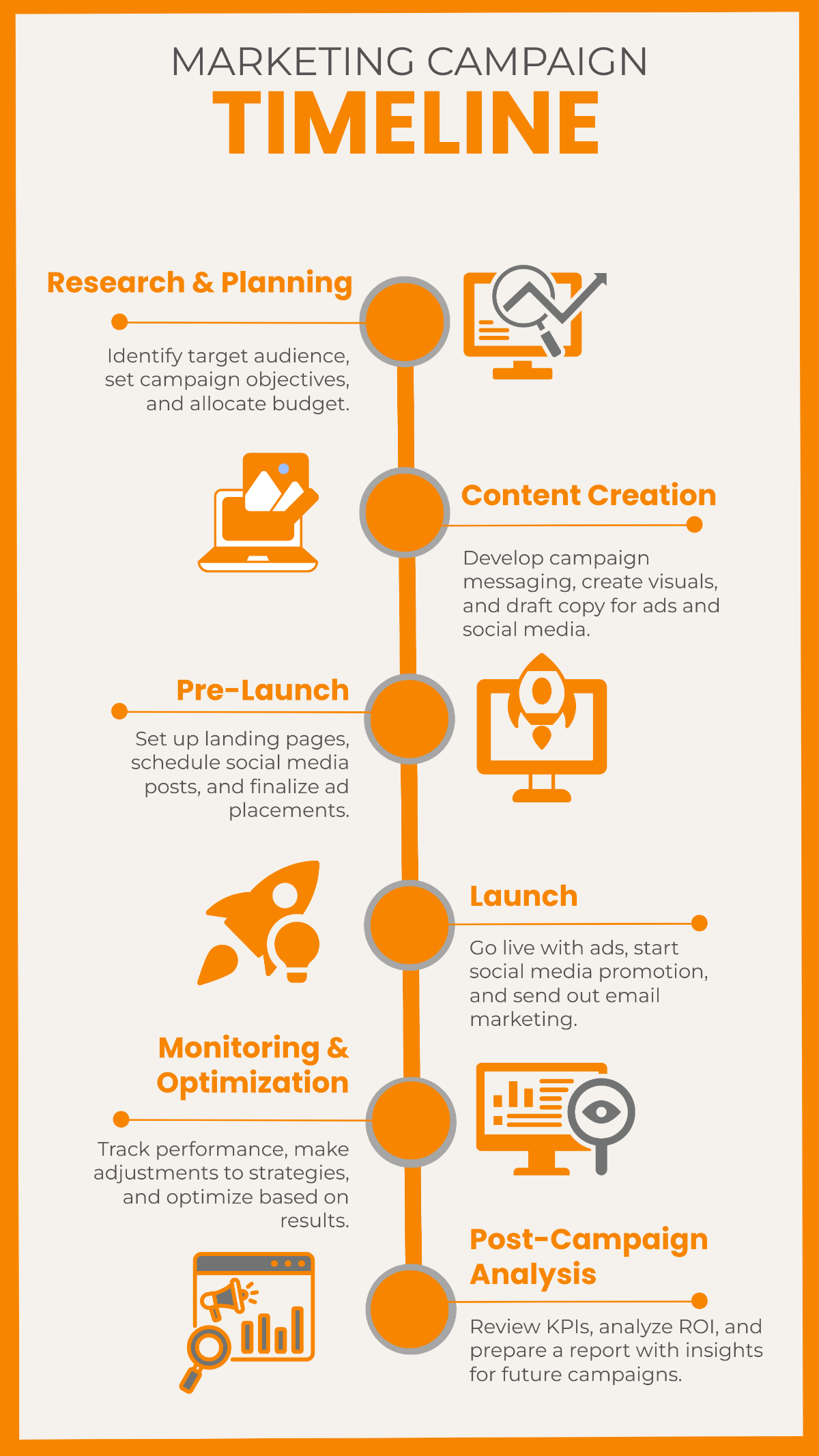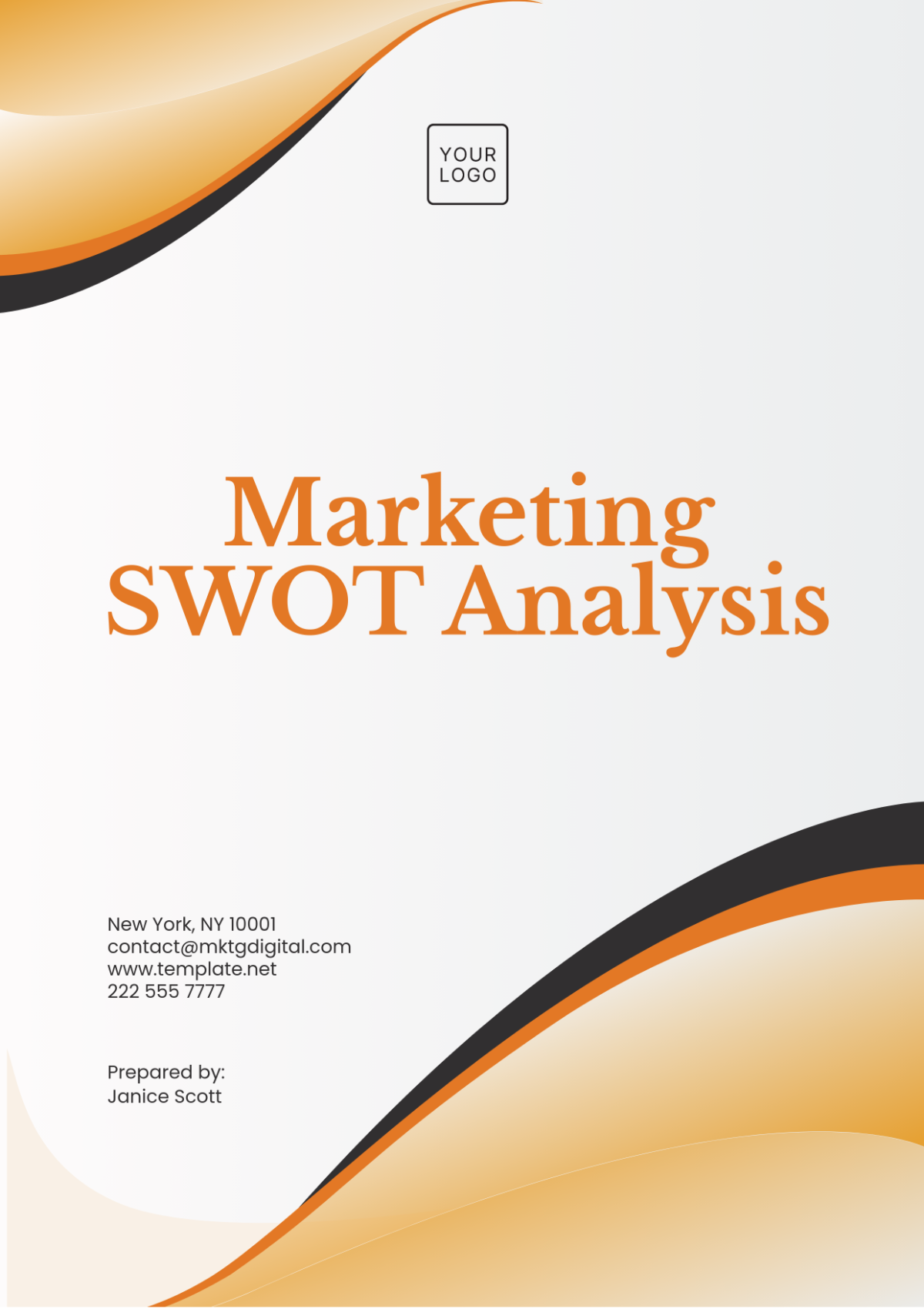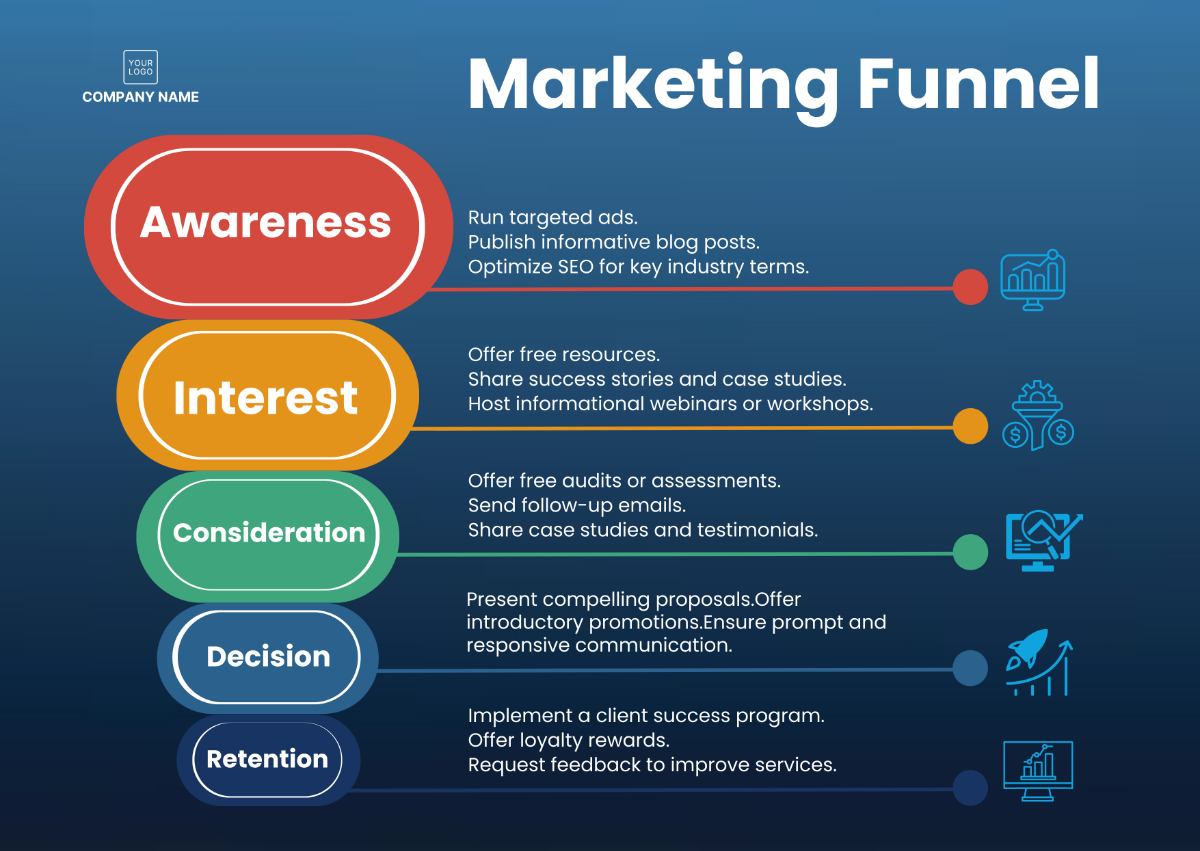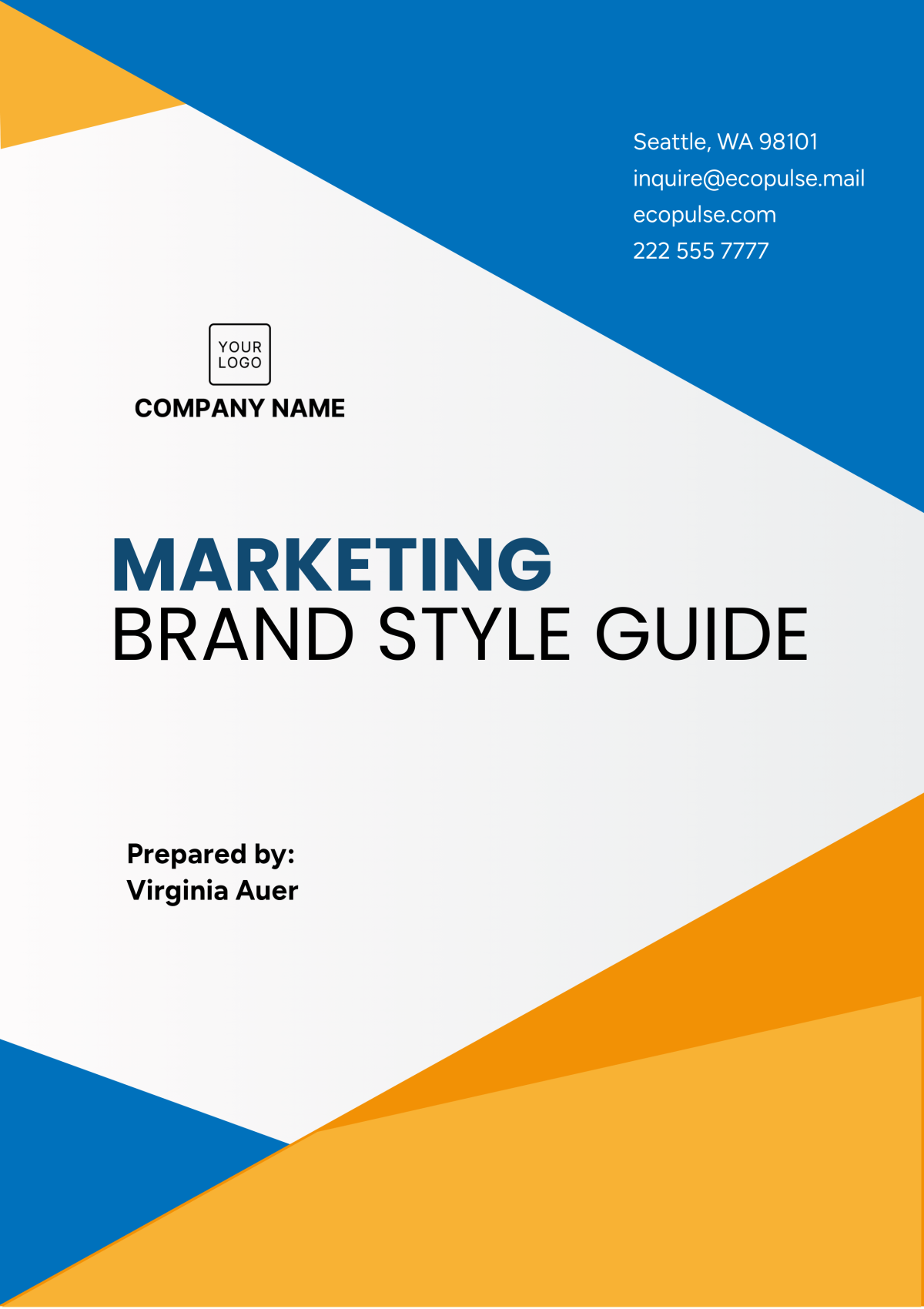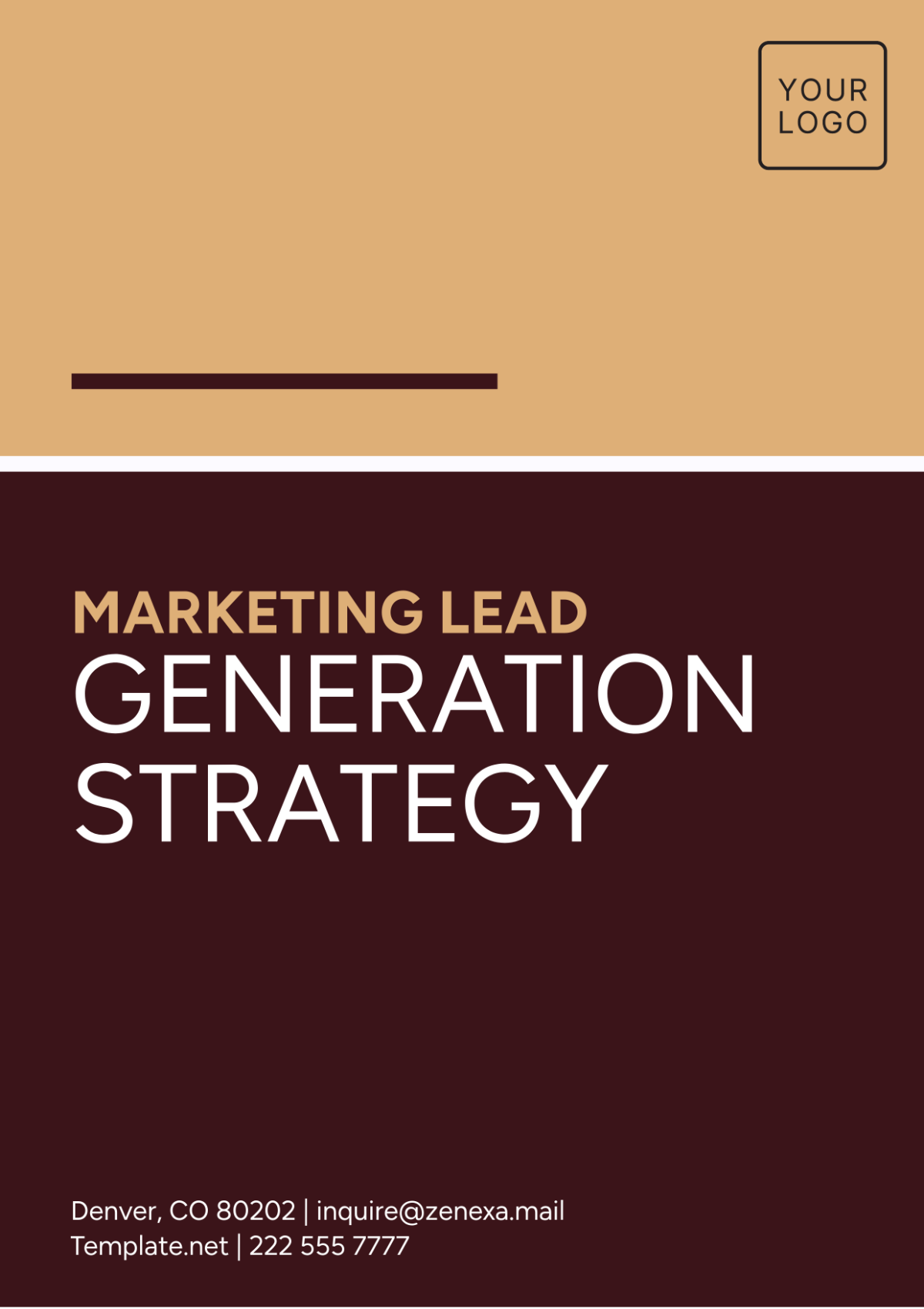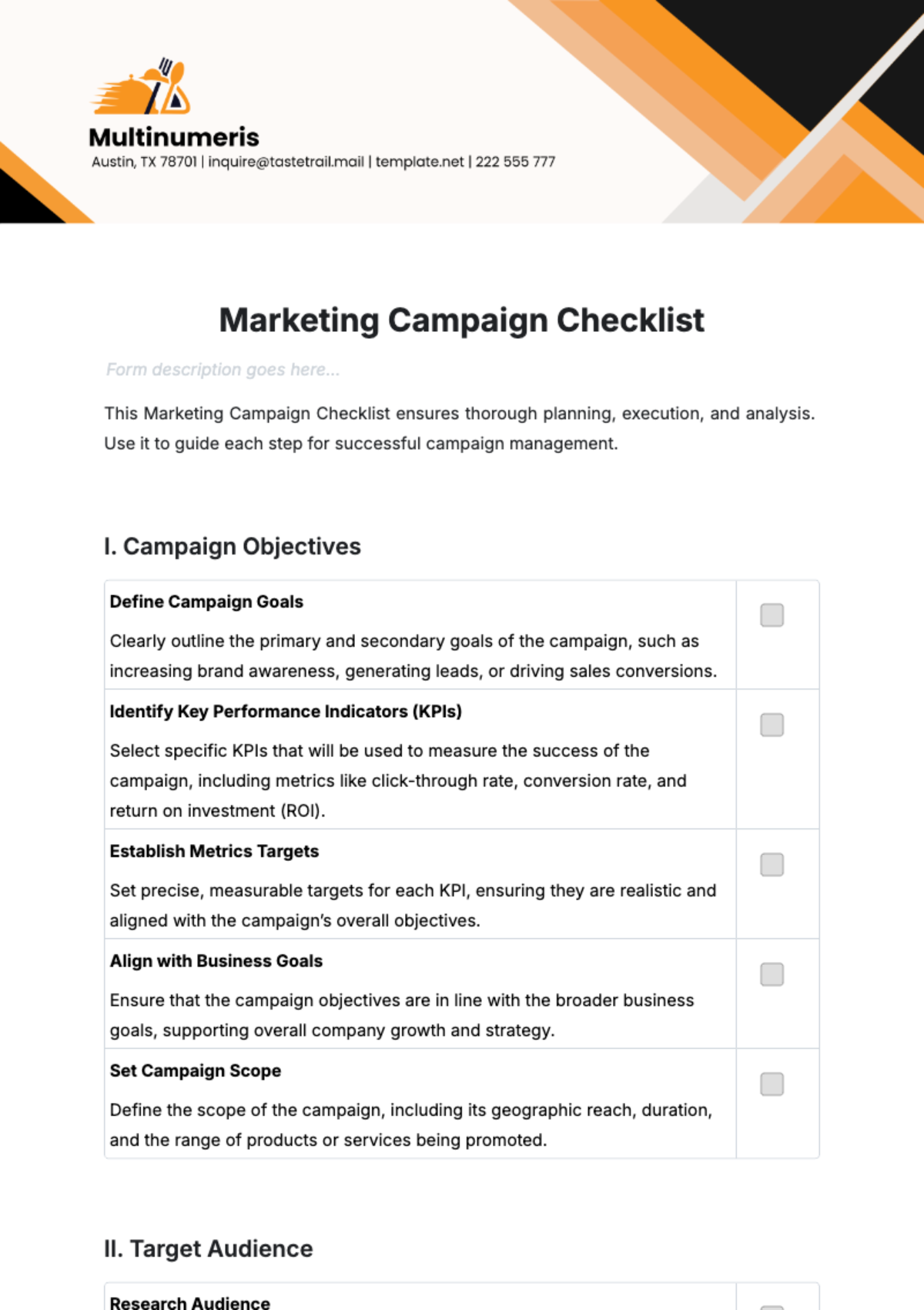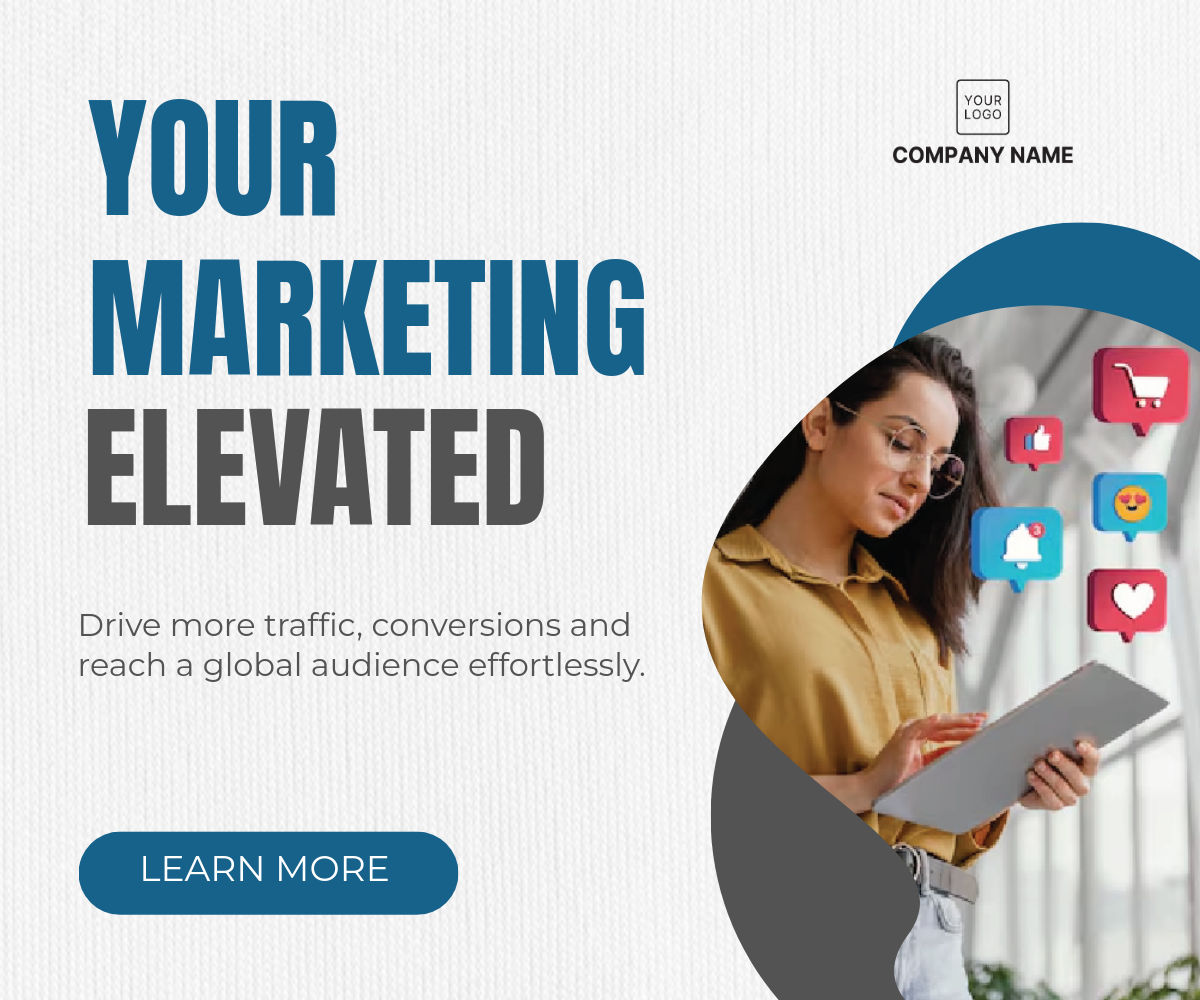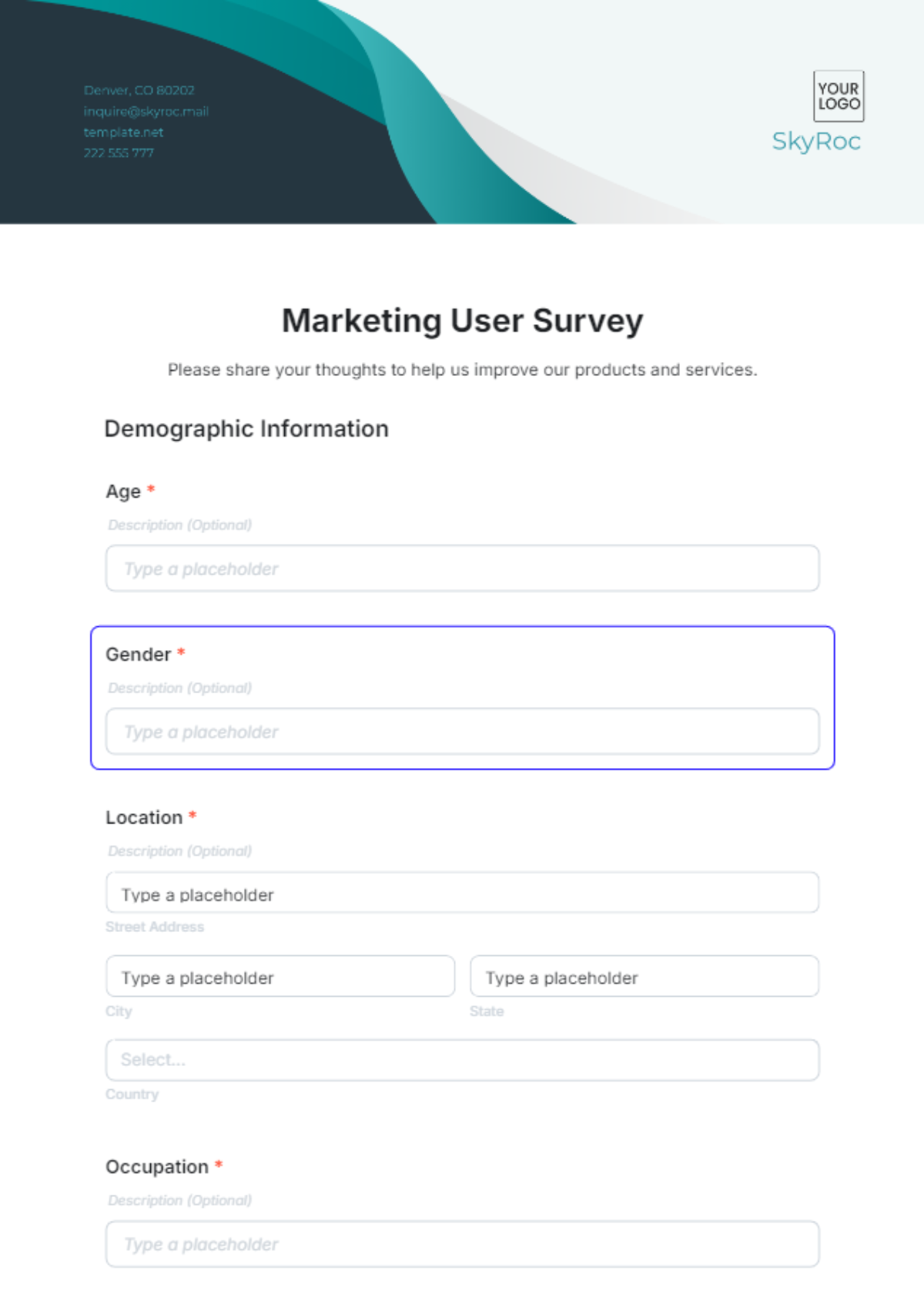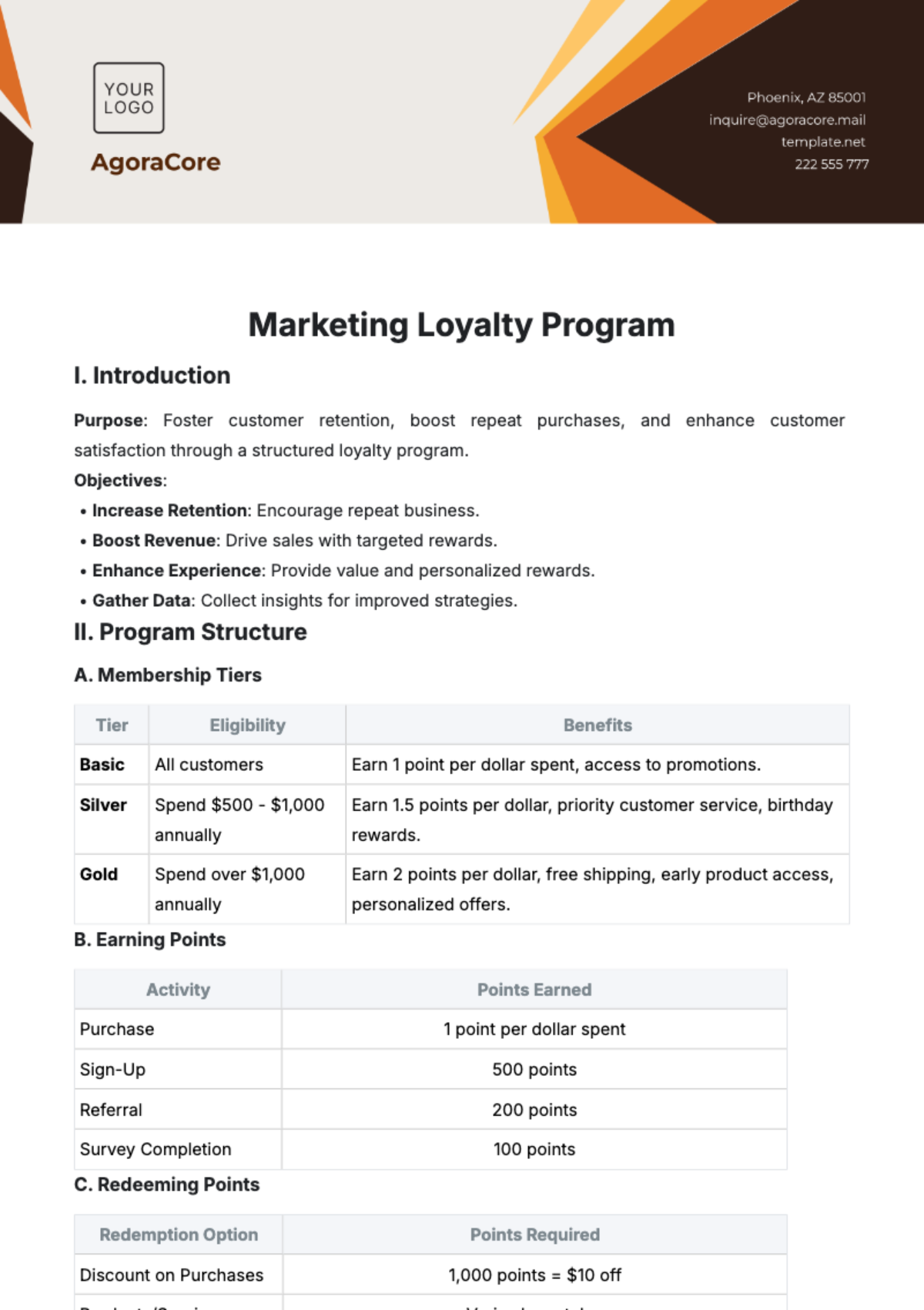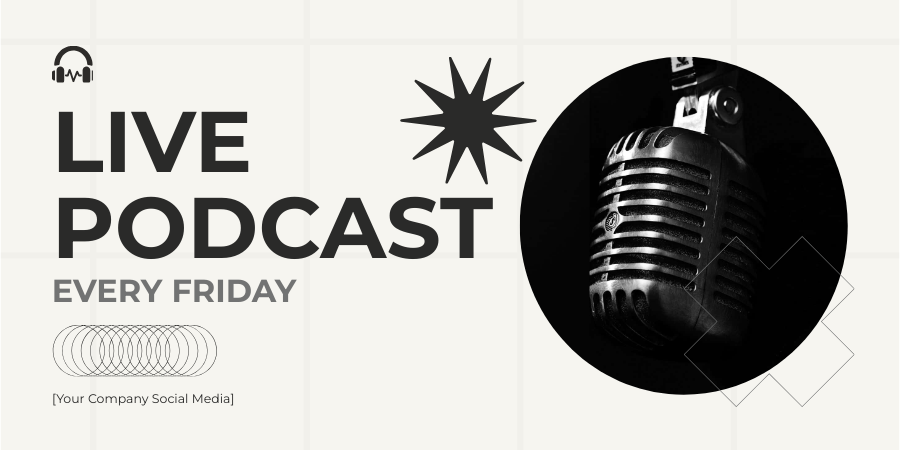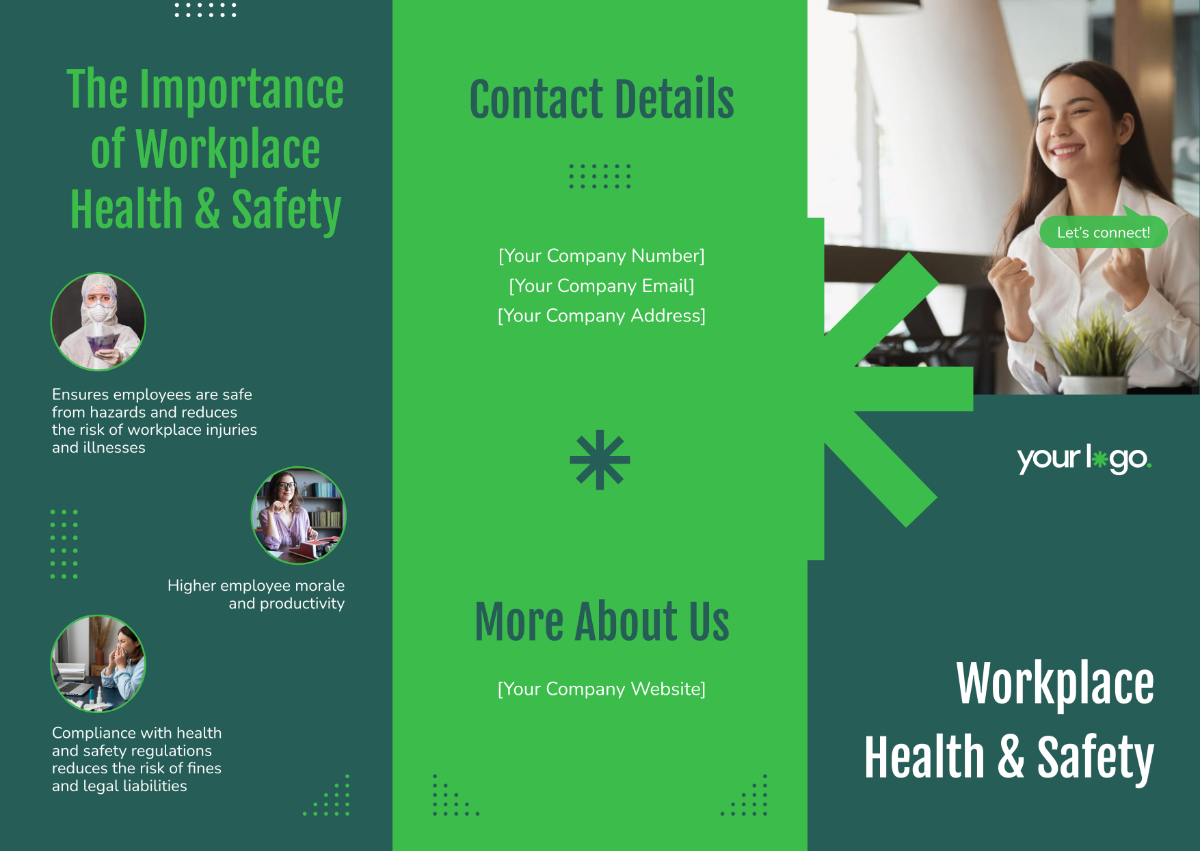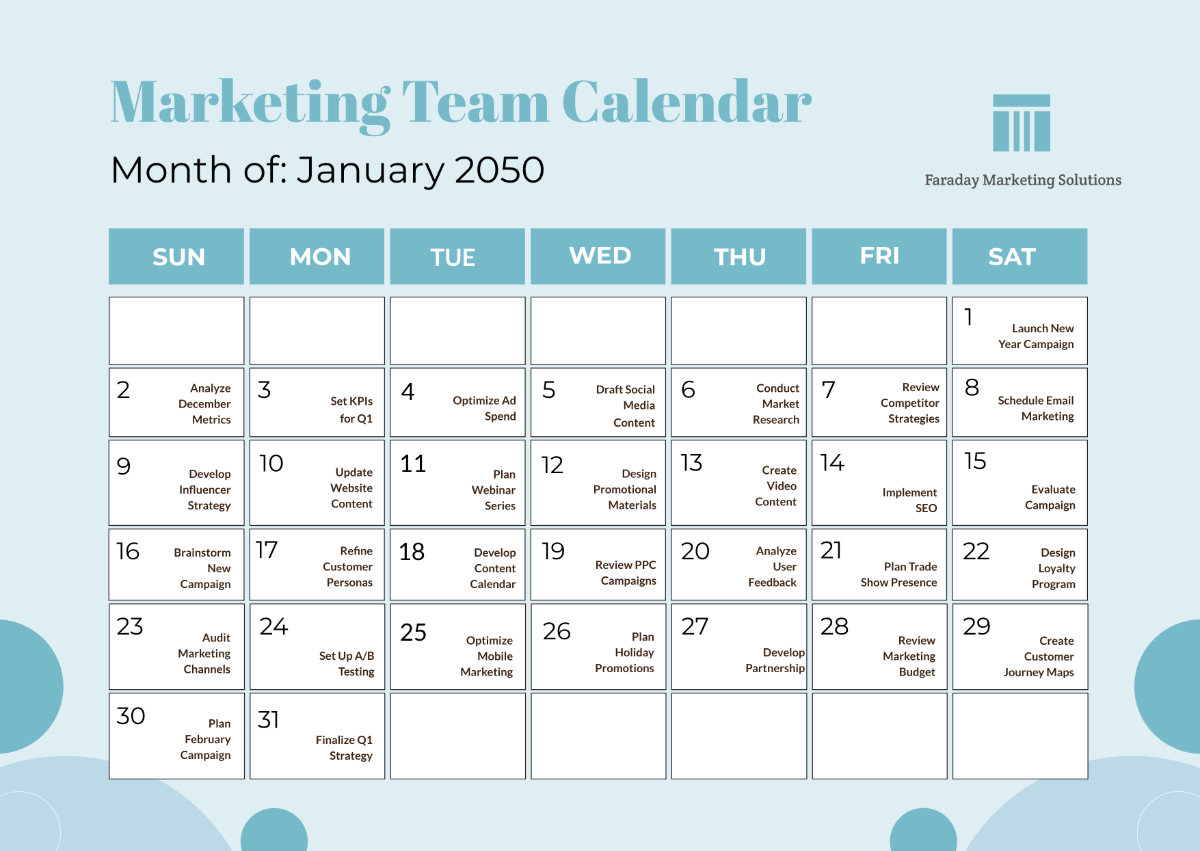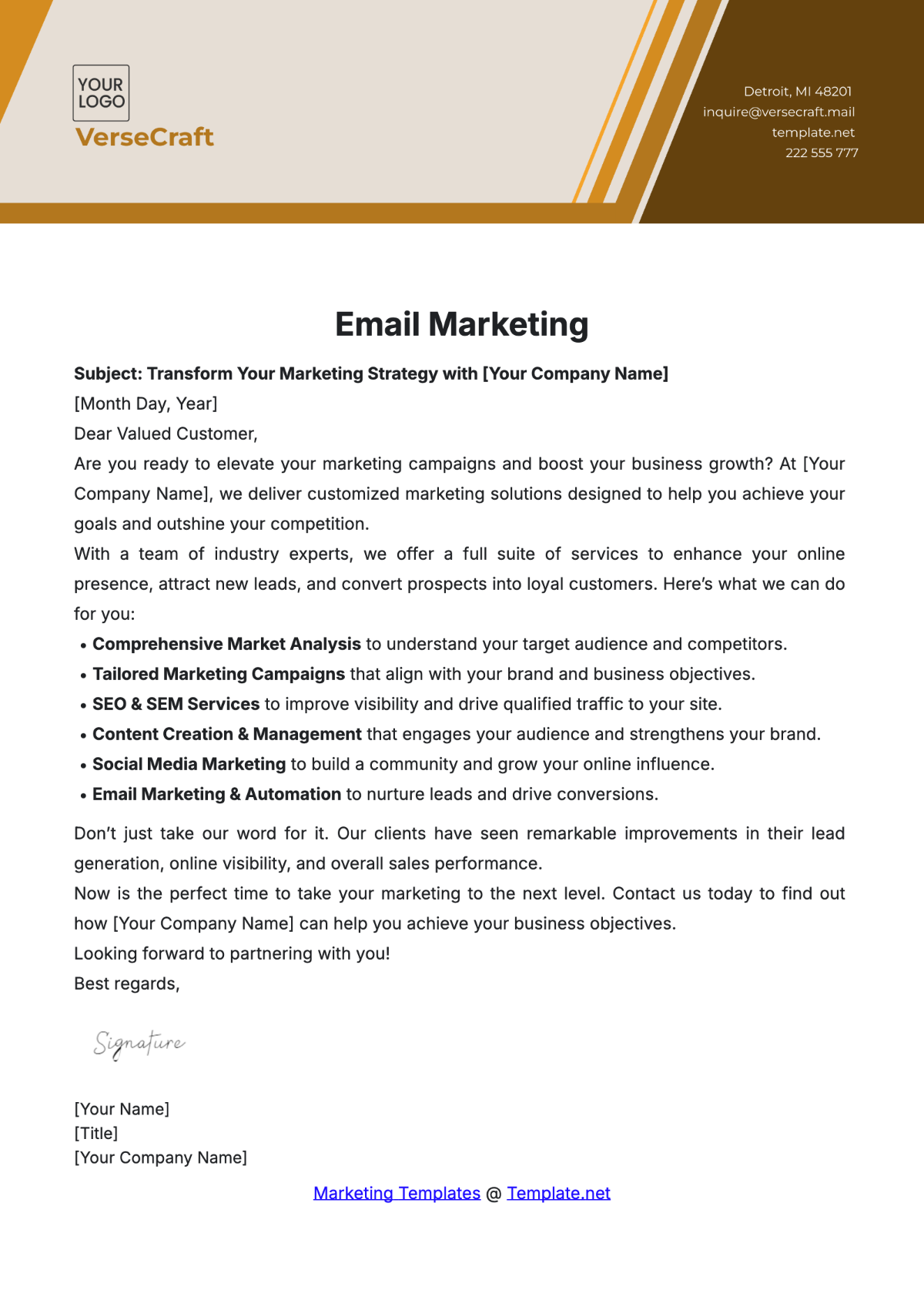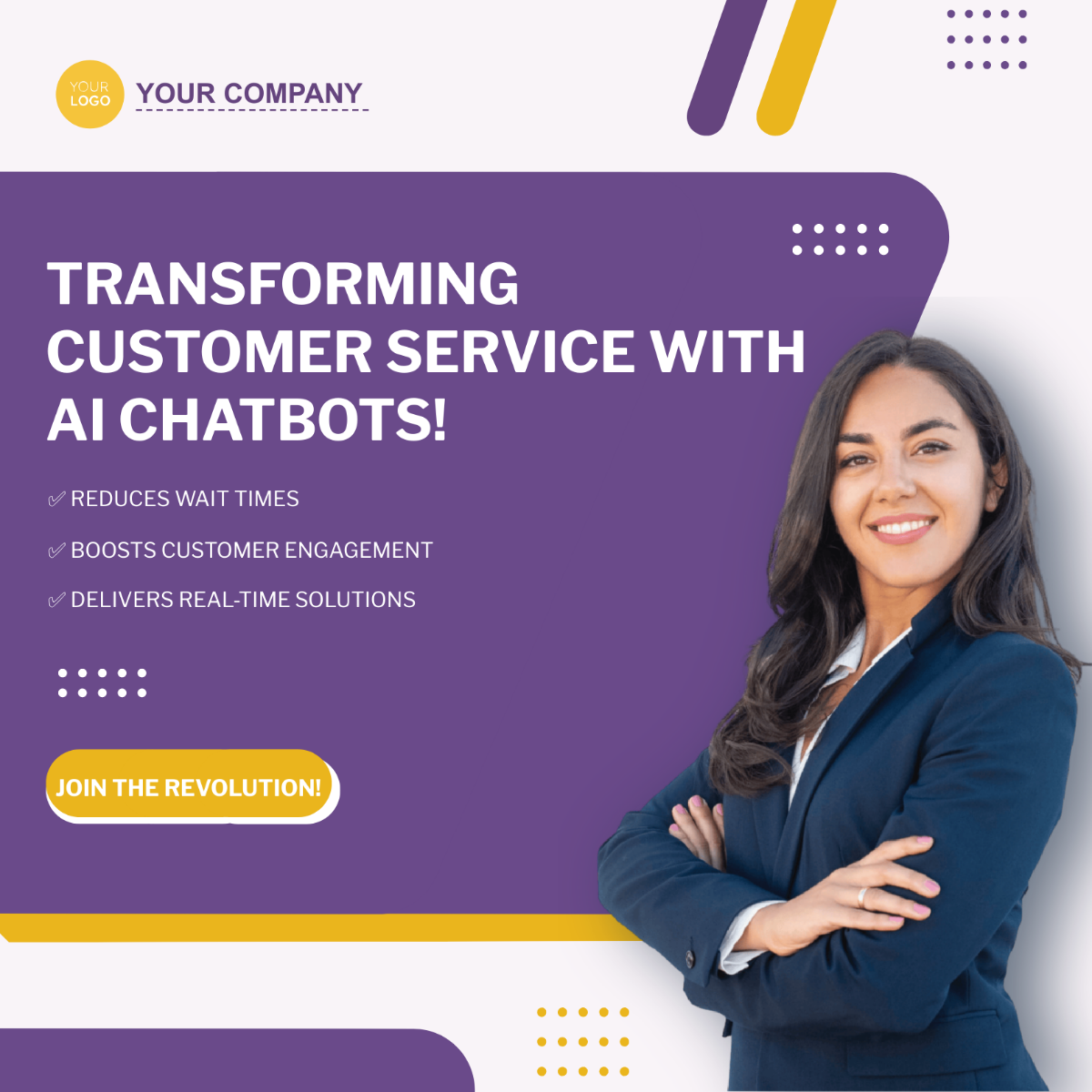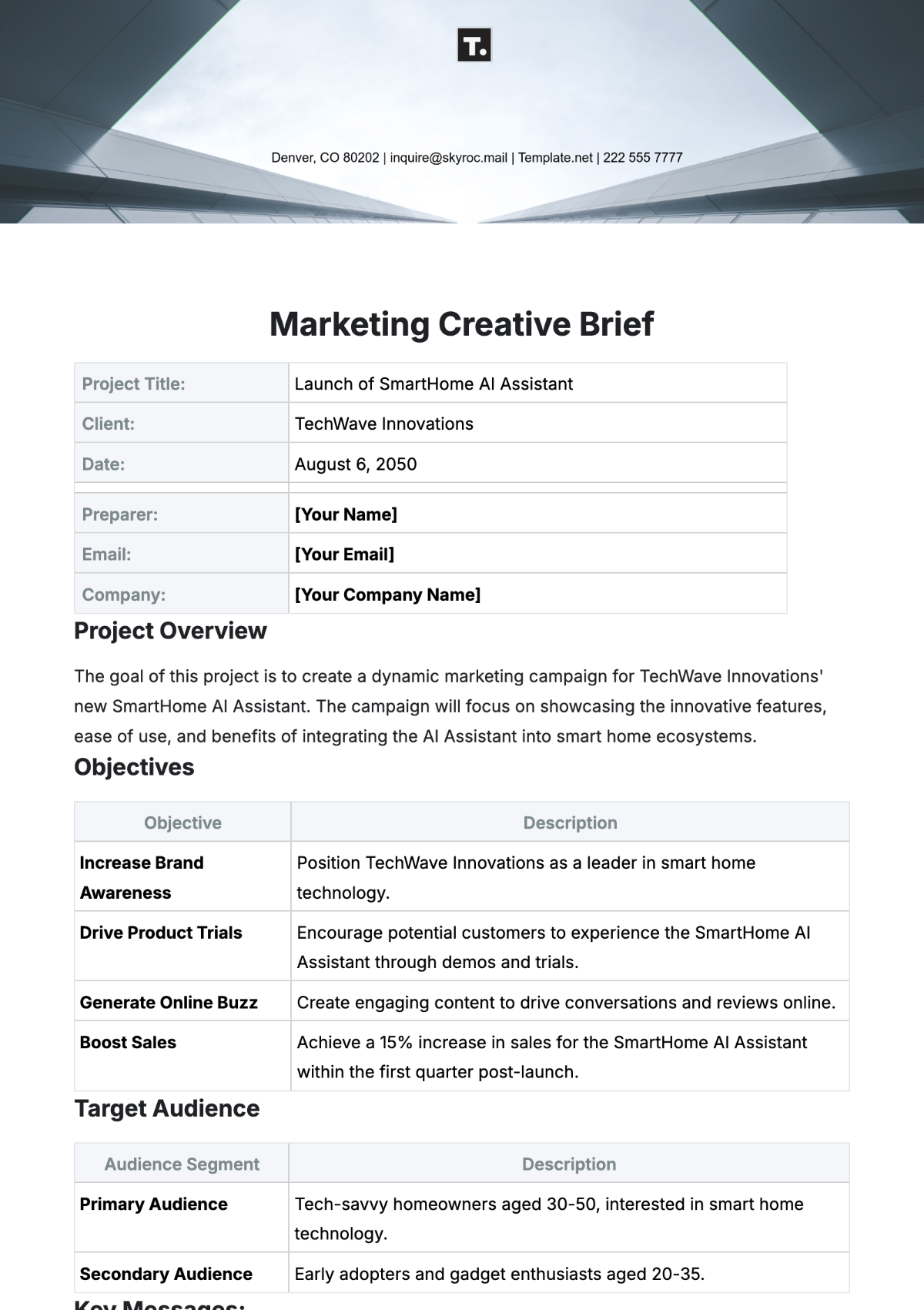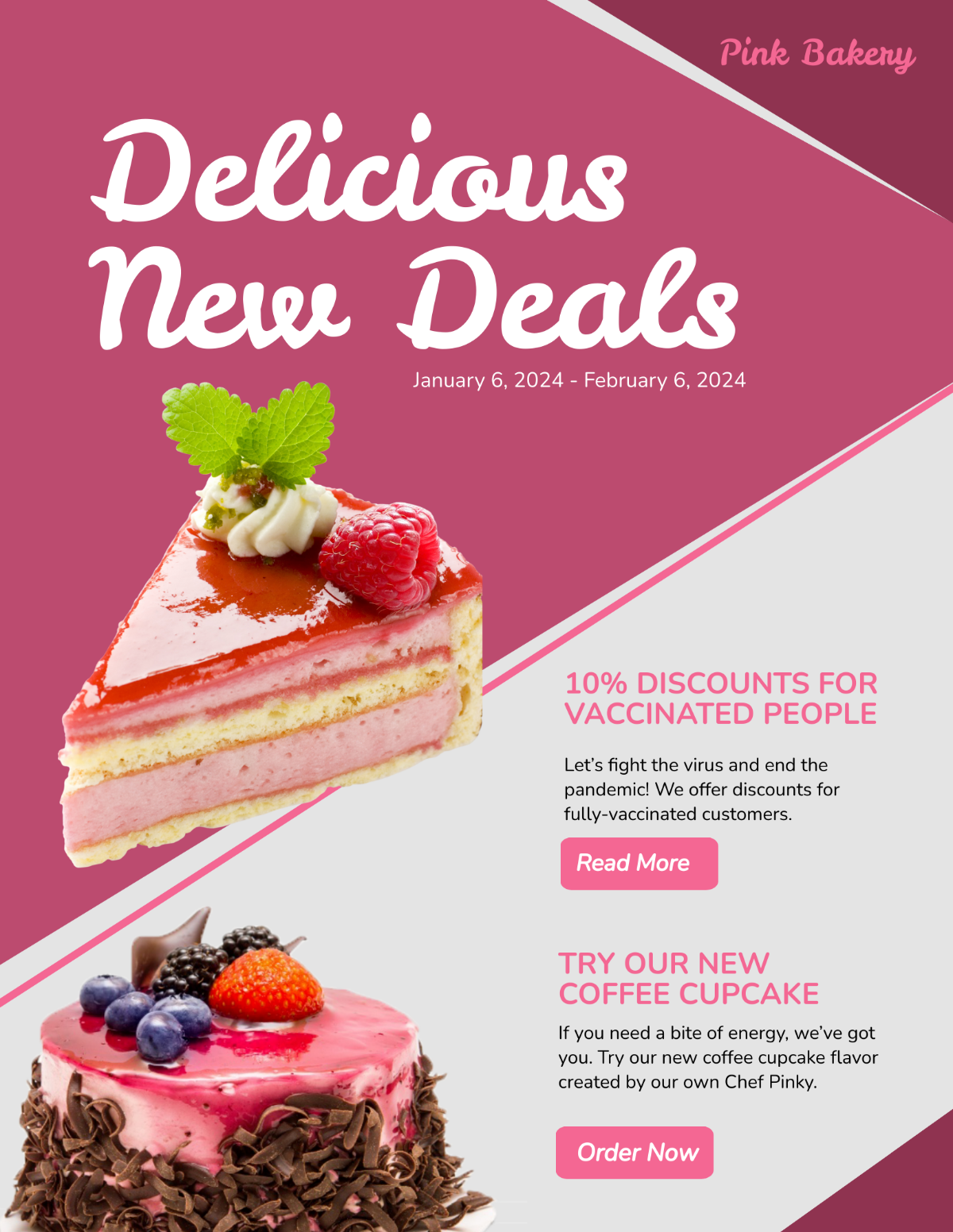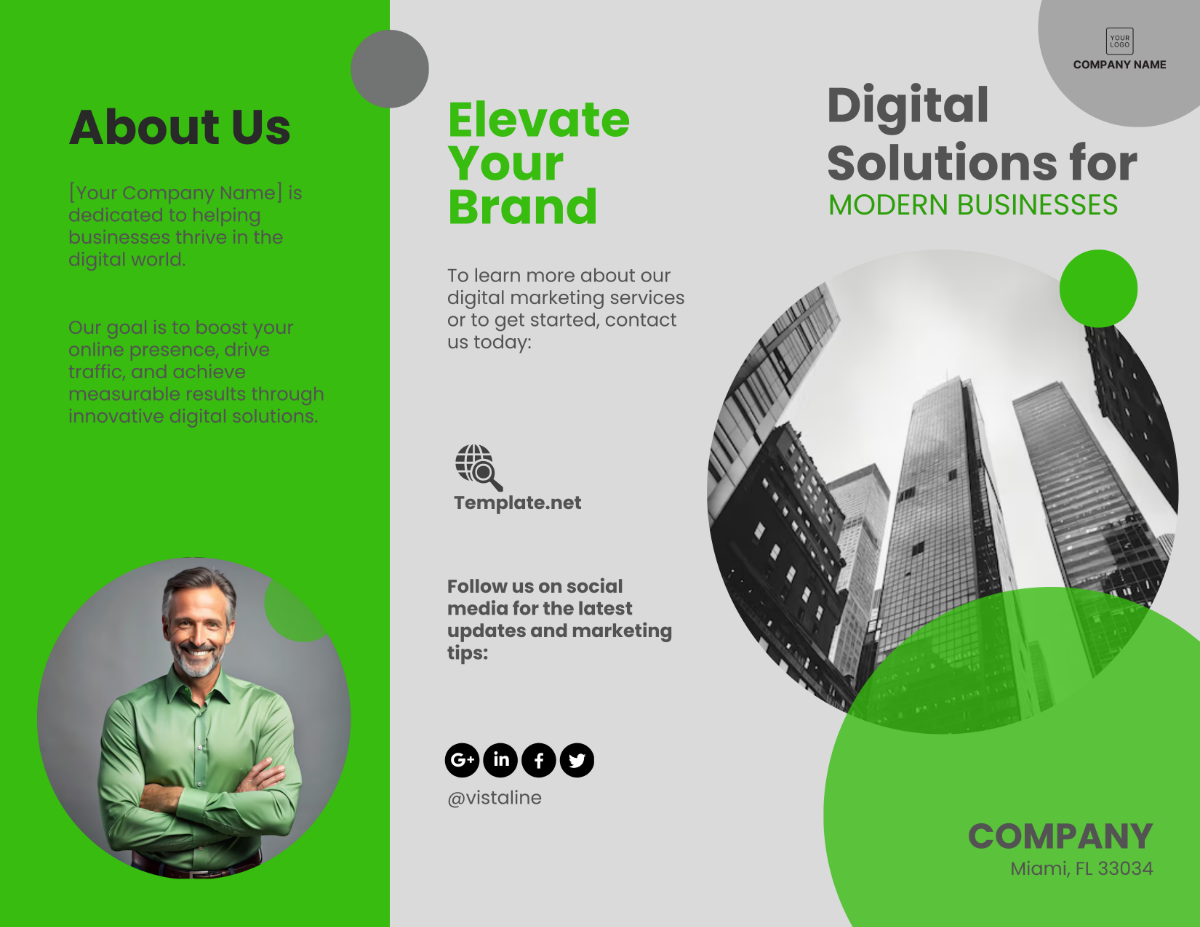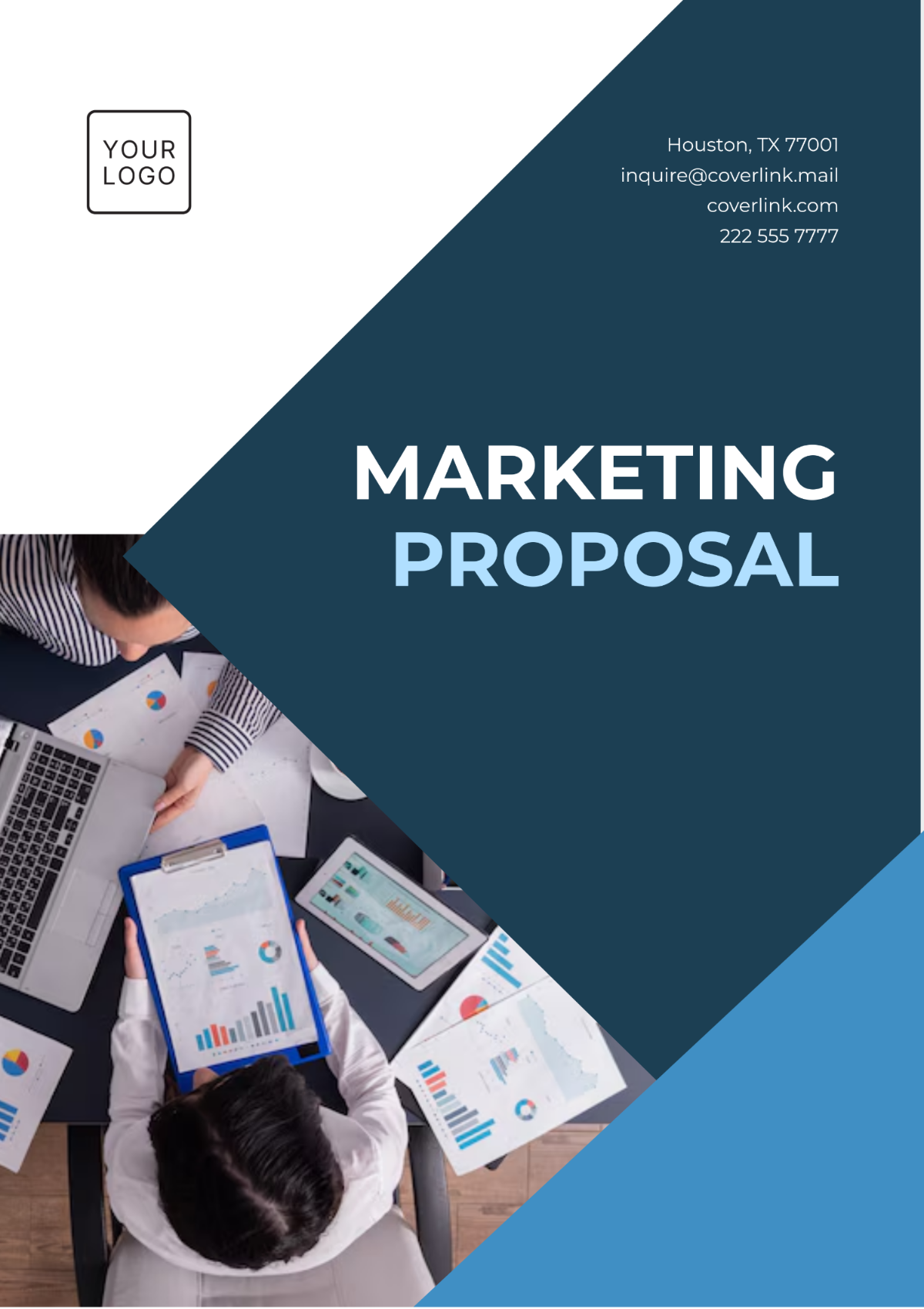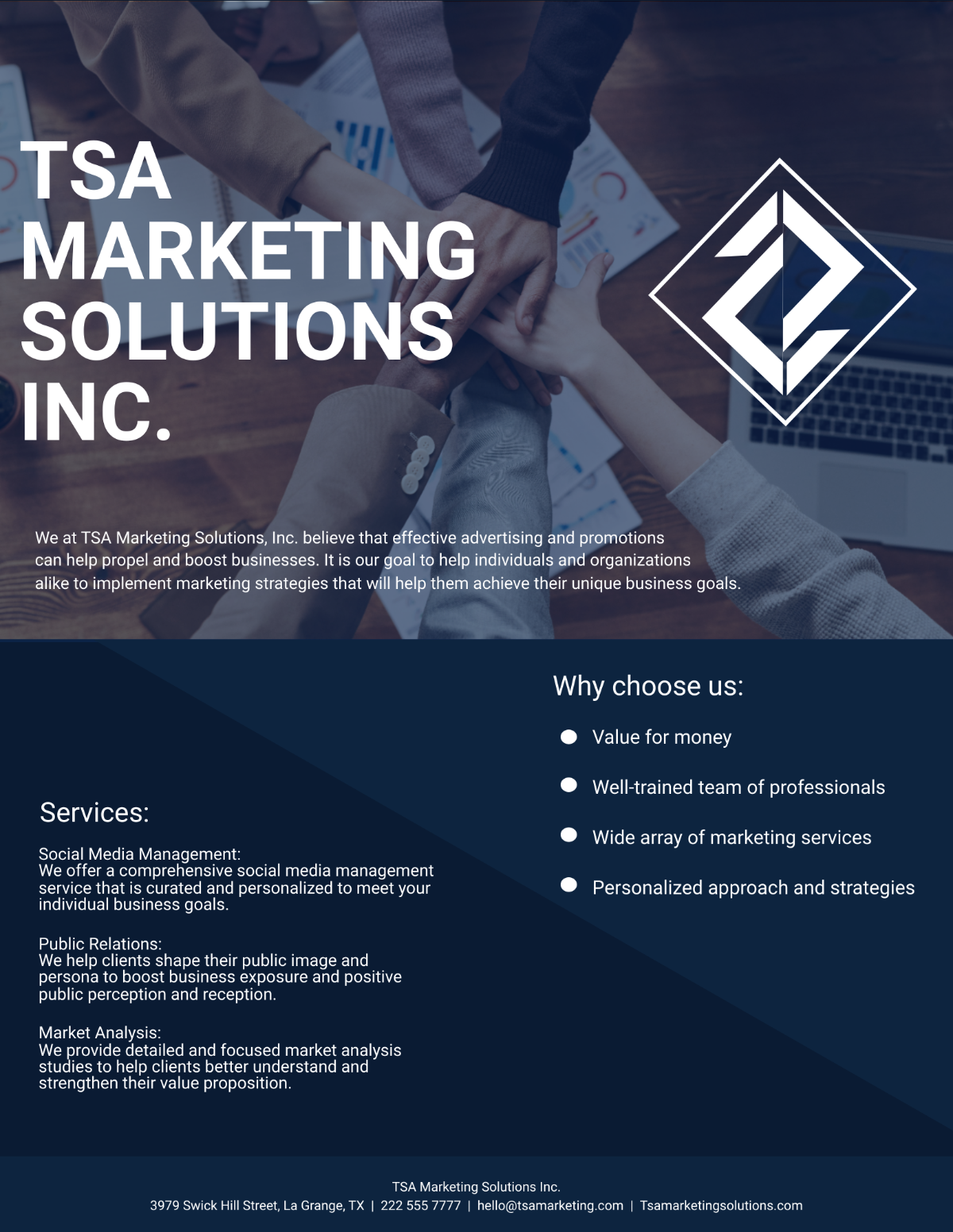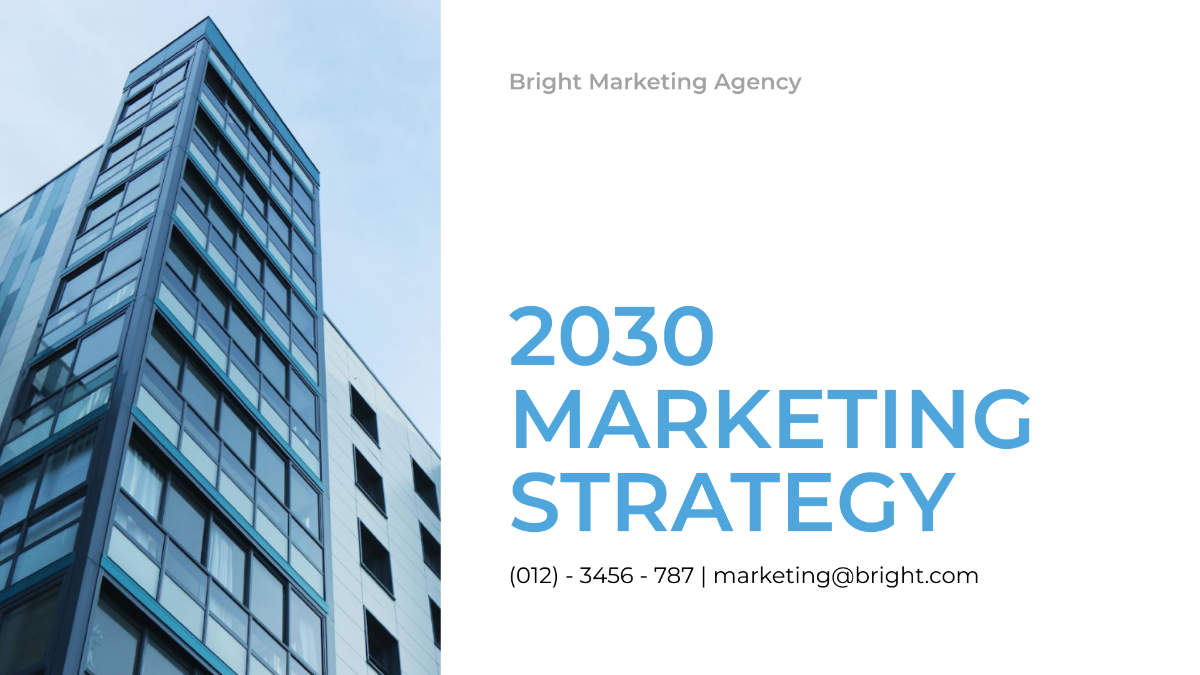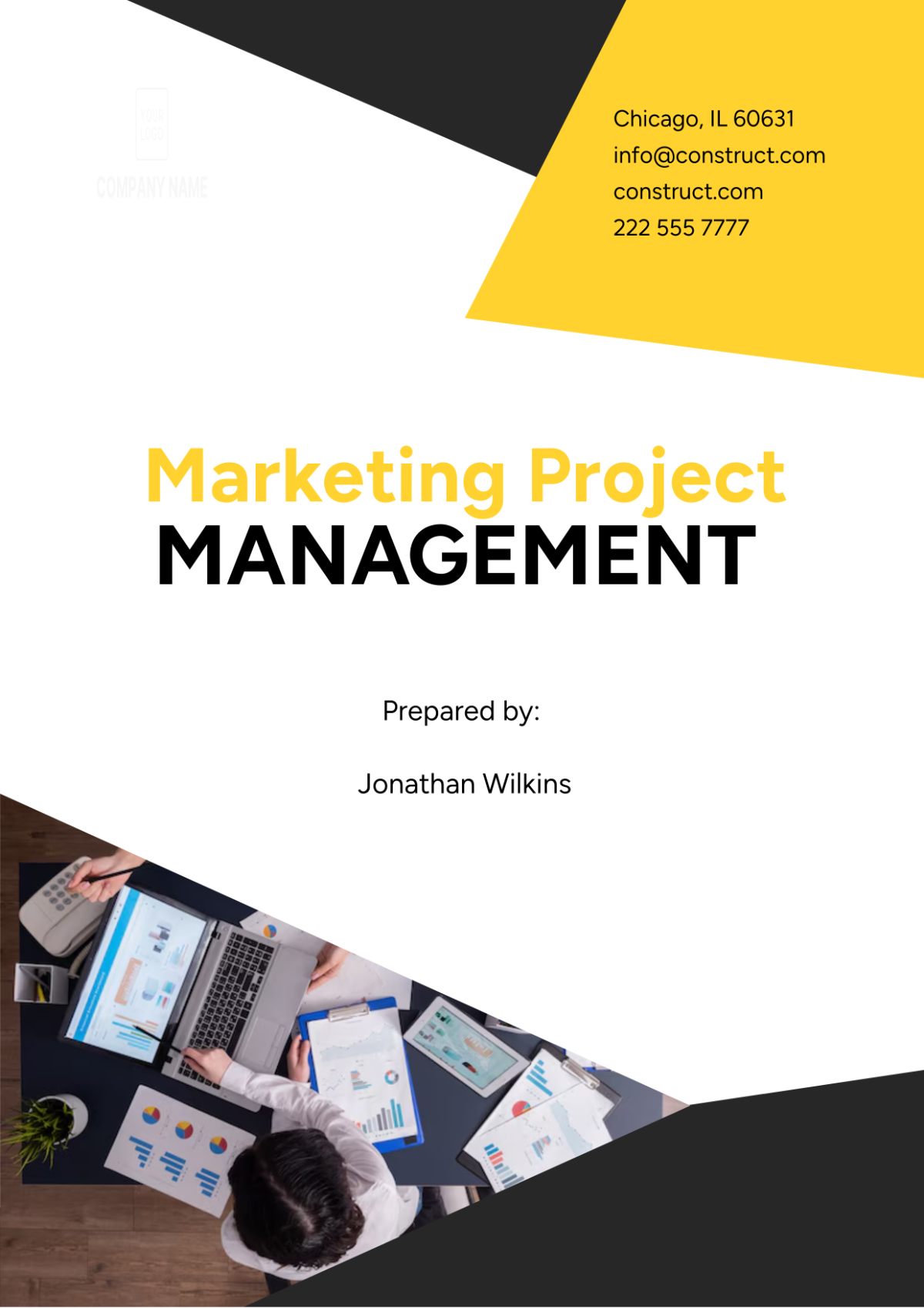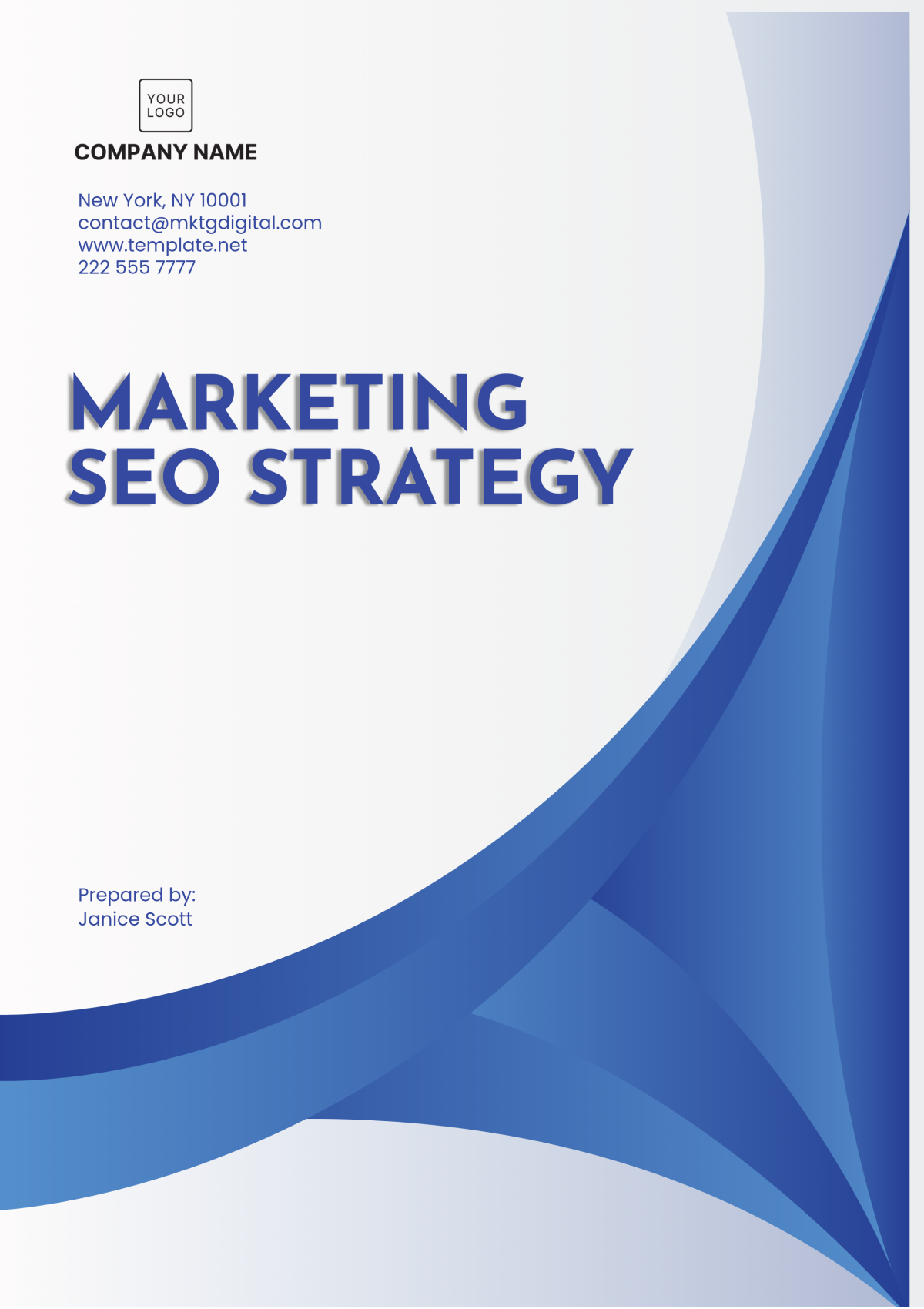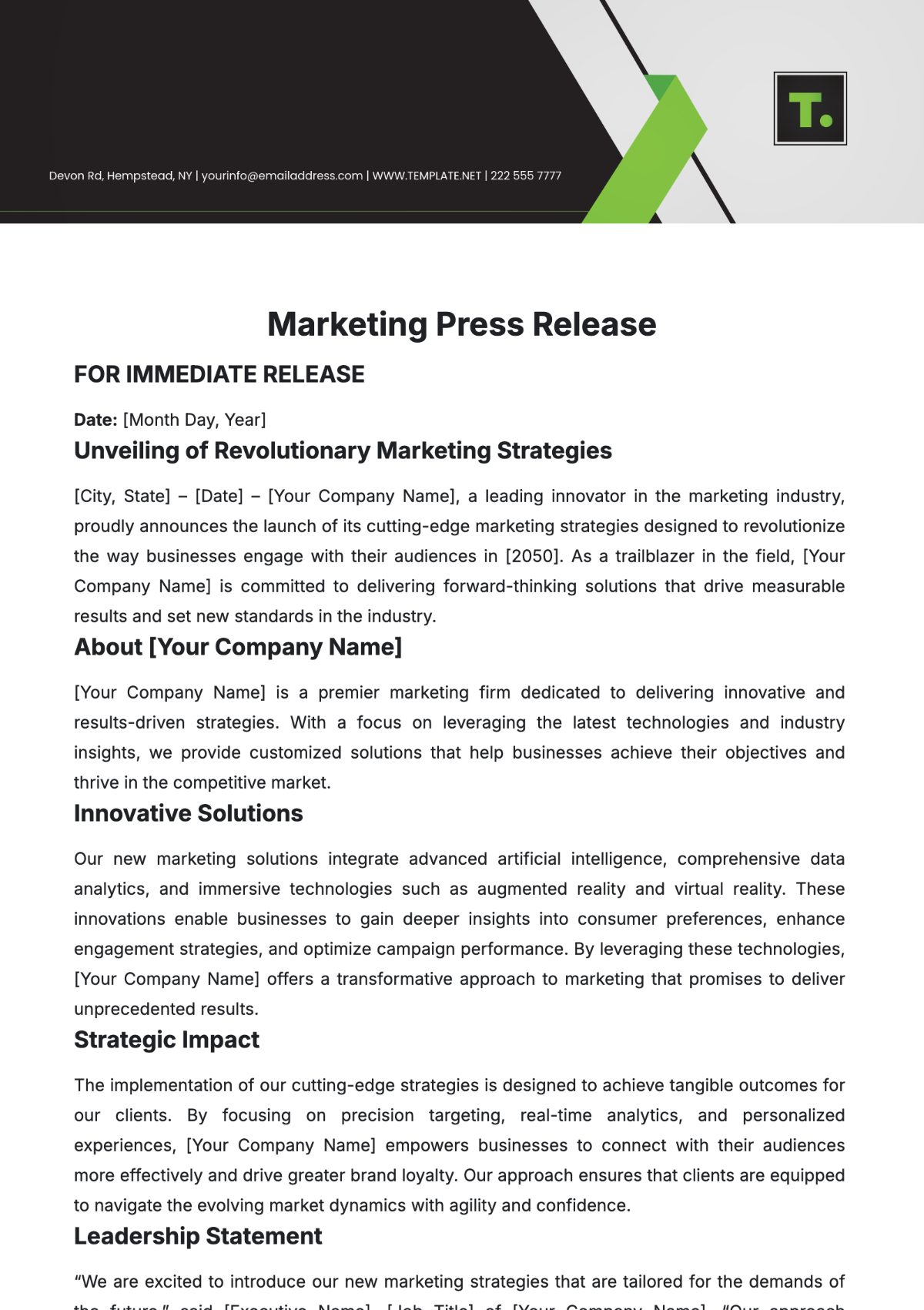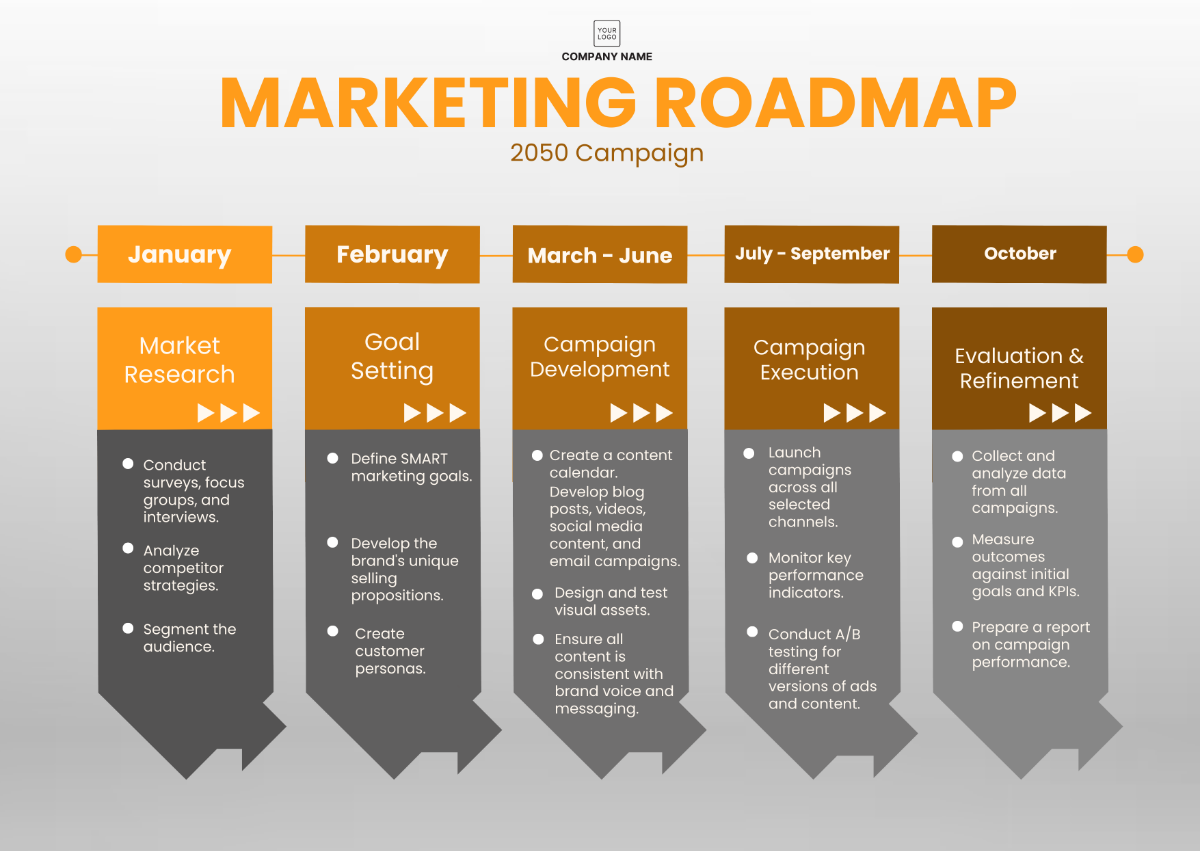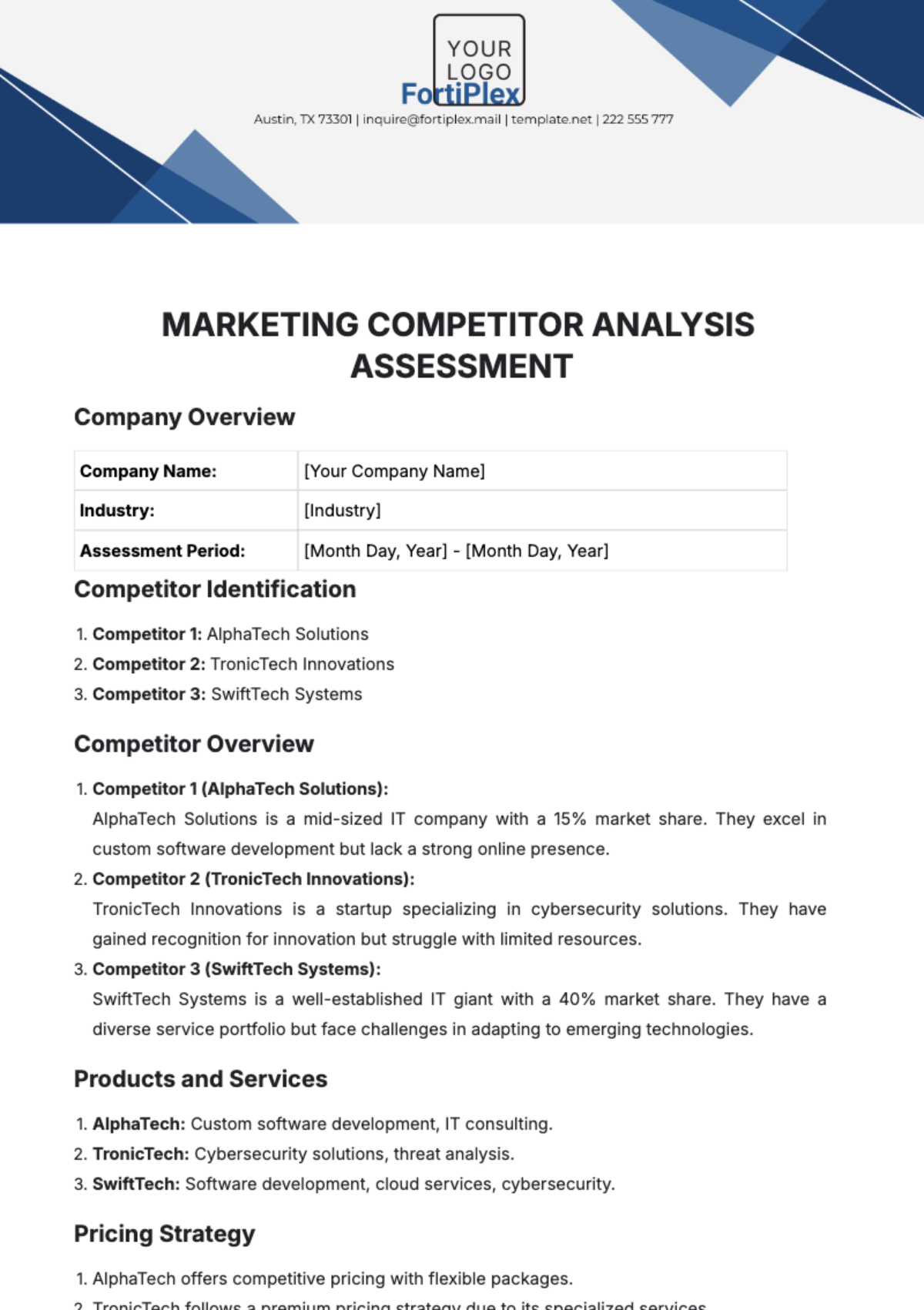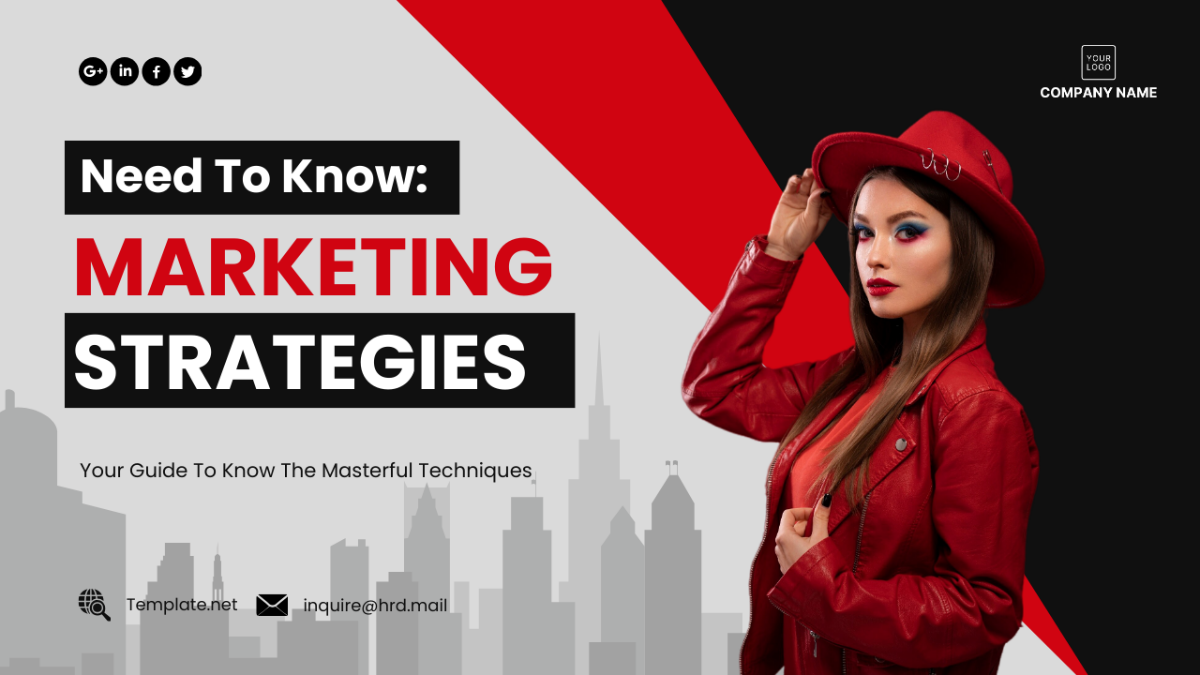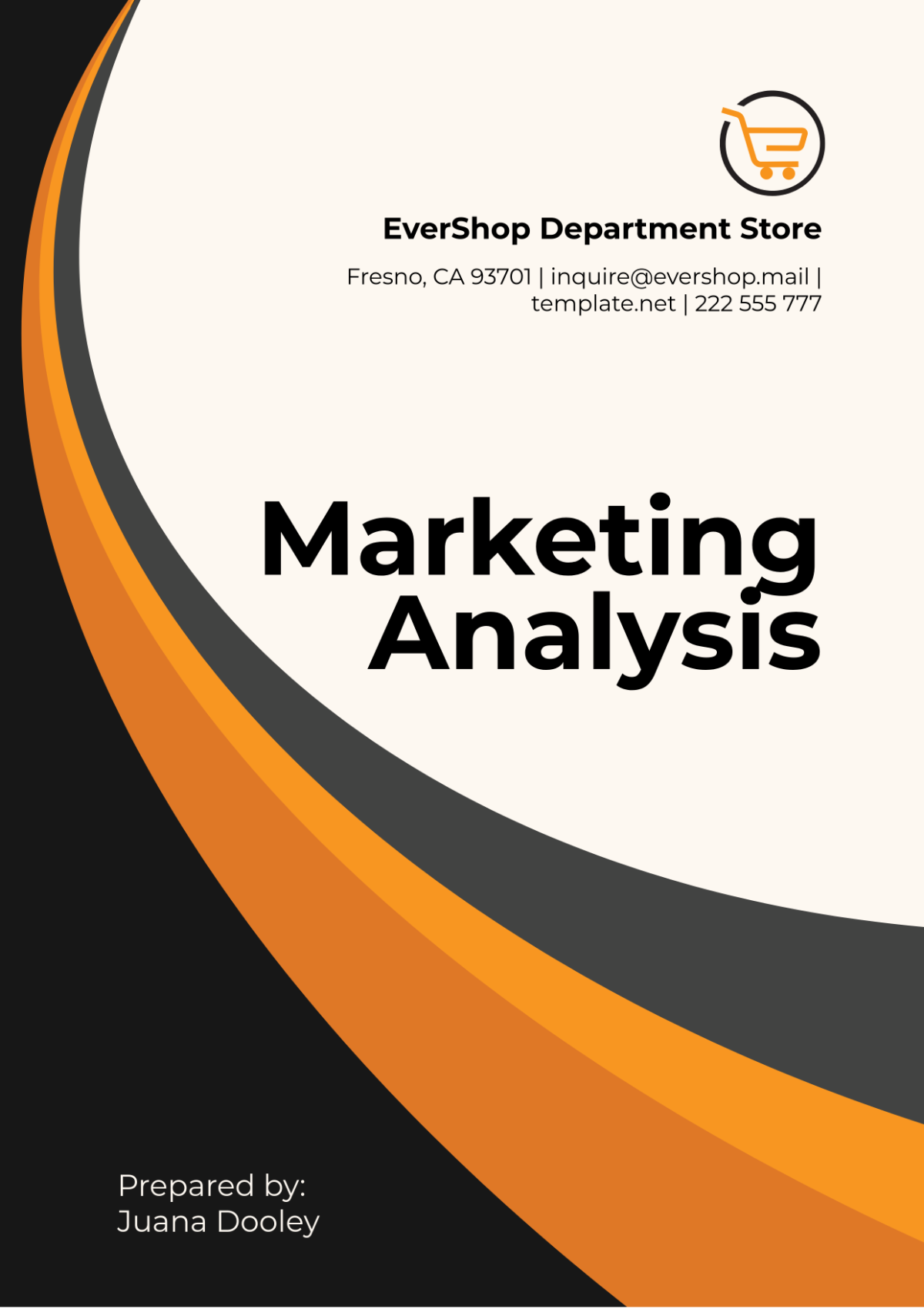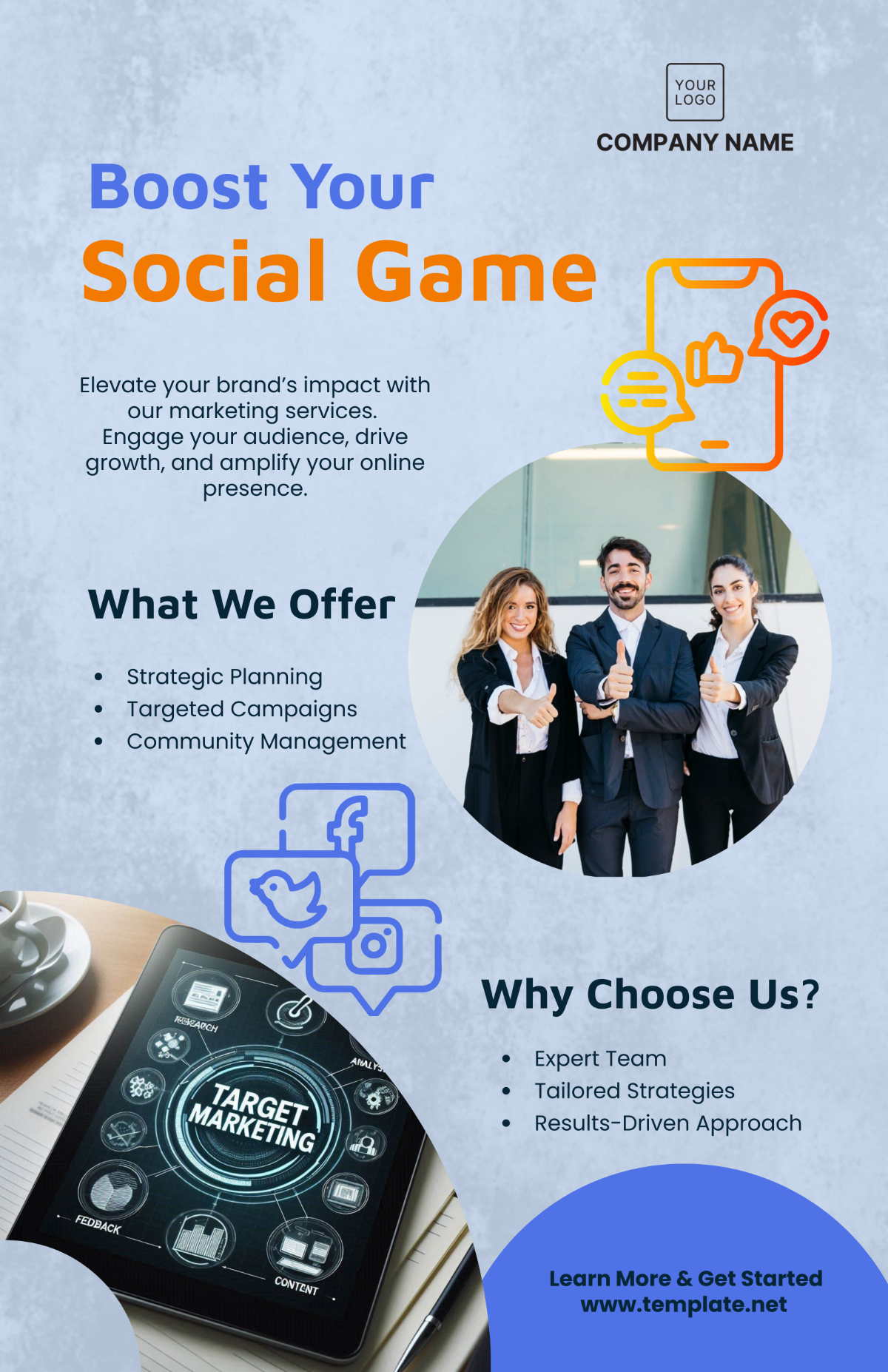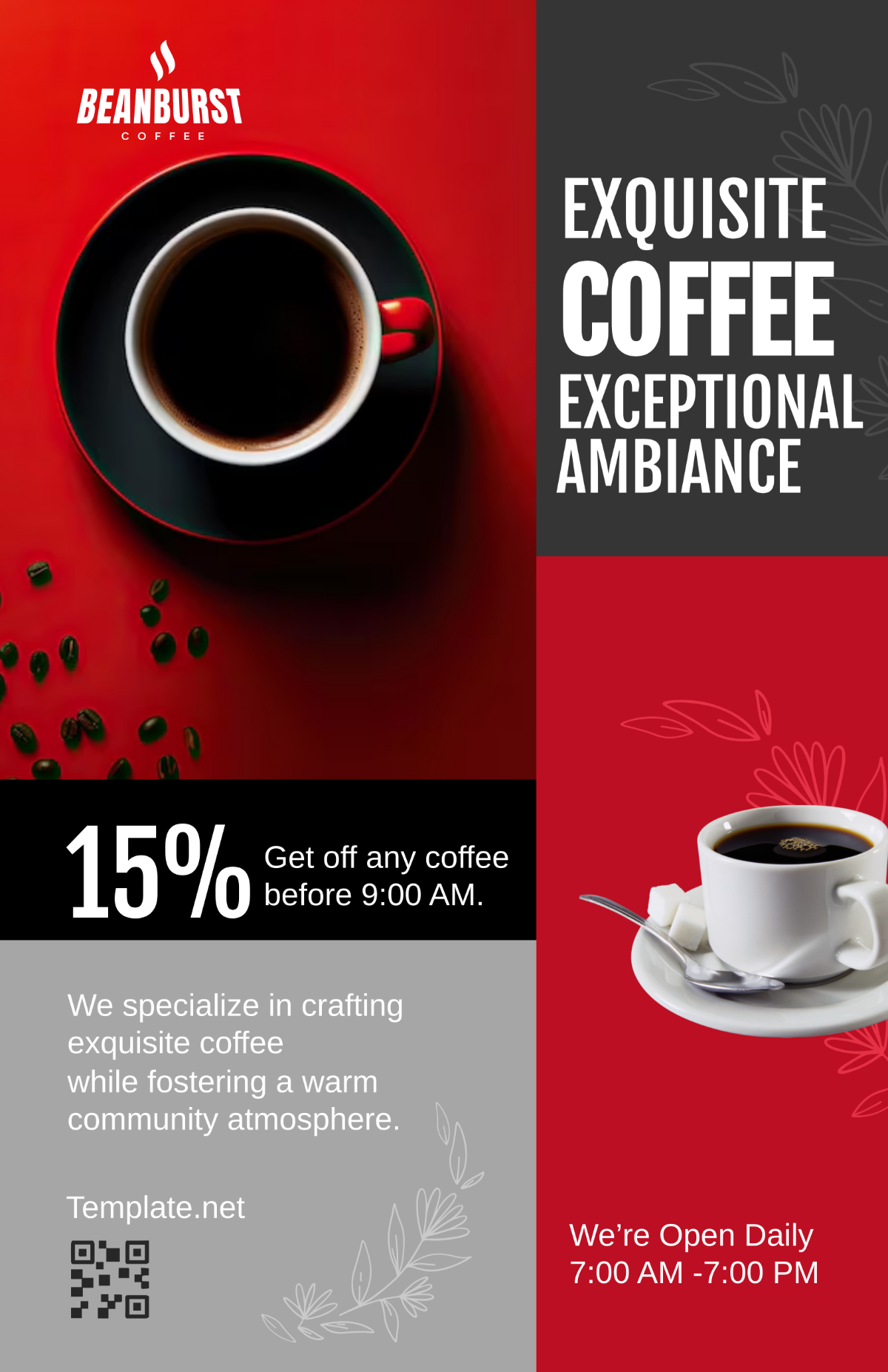Marketing Guide to Event Promotions
I. Introduction to Event Marketing
In today's dynamic business landscape, event marketing stands as a vital cornerstone of successful promotional strategies. The convergence of traditional practices and digital innovation has catapulted event marketing into a realm of unparalleled significance. To appreciate its importance fully, let's delve into this multifaceted realm and explore how it can elevate your brand's impact.
A. Understanding the Importance of Event Marketing
Event marketing transcends mere logistics and promotional endeavors. It represents a strategic process that orchestrates the promotion and awareness of an event, with the ultimate goal of not only attracting attendees but also igniting a palpable buzz. This orchestrated dance between strategy and execution can genuinely determine the success or failure of your event.
Consider this: According to a recent survey by EventMB, 81% of marketers believe that event marketing is the single most effective marketing channel for achieving business goals. This statistic underscores the pivotal role that well-executed event marketing plays in contemporary marketing strategies.
Event marketing is not a one-size-fits-all endeavor. It's an intricate tapestry woven from a variety of marketing channels and techniques. From social media blitzes to captivating content marketing and engaging email campaigns, successful event marketing demands a nuanced approach that harnesses the full spectrum of marketing possibilities.
B. Defining Your Event's Goals and Objectives
Before embarking on your event promotion journey, it's imperative to anchor your efforts in clear, quantifiable goals and objectives. These can span the gamut from increasing event attendance numbers to enhancing brand awareness and driving tangible sales results.
Consider the insights from a case study published in the Journal of Marketing Research, which revealed that events with well-defined objectives were 78% more likely to achieve their desired outcomes. Thus, defining these goals becomes the compass by which you navigate your marketing voyage, providing direction and purpose to your efforts.
As you embark on your journey, imagine each goal as a destination on your marketing roadmap. These waypoints not only guide your path but also allow you to measure your progress accurately. With the ability to track and evaluate the performance of your event marketing endeavors, you can make informed decisions and continually optimize your strategy for success.
C. Identifying Your Target Audience
Effective event marketing begins with a deep understanding of your target audience. To create a resonance between your event and its attendees, you must delve into the minds and hearts of your prospective guests. This requires creating comprehensive buyer personas that encompass demographic details, interests, pain points, and behavioral patterns.
Research findings from the Pew Research Center have consistently emphasized the significance of audience-centric marketing. By understanding your audience, you gain the ability to tailor your messaging, choose the most appropriate marketing channels, and devise strategies that genuinely resonate with your target demographic.
In essence, event marketing, at its core, is about creating a bridge between your event and the people who will make it a success. The stronger and more precisely crafted that bridge, the more effectively you can traverse it, connecting your event with an eager and engaged audience. This is where your journey begins – at the intersection of strategy, goals, and audience insight.
II. Pre-Event Promotion Strategies
In the realm of event marketing, the journey toward success begins well before the event day itself. This phase is where the foundations are laid, anticipation is built, and attendees are enticed. Let's explore the strategic pre-event promotion strategies that serve as the bedrock of a successful event marketing campaign.
A. Crafting a Compelling Event Brand and Message
Your event isn't just an occasion; it's a brand in itself. Crafting a compelling event brand and message is akin to creating an inviting threshold that beckons attendees. Your event brand should resonate with its purpose, values, and the unique experience it offers.
Consider the case study of Coachella, an annual music and arts festival. Coachella's brand, with its iconic desert backdrop and emphasis on music, art, and culture, has elevated it from a mere event to a cultural phenomenon. By developing a brand that aligns with your event's essence, you can effectively differentiate it and make it memorable.
The event message plays a pivotal role in driving anticipation and excitement. It should succinctly communicate the benefits of attending, leaving potential attendees eager to participate. Consistency in branding across all promotional materials, from social media profiles to flyers, reinforces your event's identity and message.
B. Building a Comprehensive Event Marketing Plan
A well-structured marketing plan is your compass, guiding your event from inception to execution. It's a comprehensive roadmap that outlines the journey ahead, complete with timelines, budgets, and a strategic framework.
Imagine this plan as the architect's blueprint, meticulously designed to ensure every element aligns harmoniously. It sets clear goals, identifies marketing channels, and details key messages. Within the plan, establish a content strategy, outlining what creative assets need development.
Additionally, assigning responsibilities and establishing transparent communication channels within your marketing team is crucial. The success of your event marketing campaign hinges on the cohesion and synergy of your team.
Marketing Channel Matrix
Marketing Channel | Responsibilities | Deadlines | Key Messages |
Social Media |
|
|
|
Email Marketing |
|
|
|
Print Materials |
|
|
|
Website & Landing |
|
|
|
Pages |
|
|
|
Influencers |
|
|
|
C. Leveraging Digital Marketing Channels
In an age where digital connectivity reigns supreme, harnessing online channels is paramount. Your event's online presence is the gateway to its success. Begin by creating a dedicated event website that serves as the central hub of information.
Utilize social media platforms to engage your audience effectively. Craft a content calendar that ensures a consistent online presence, delivering content that piques interest and fosters engagement. Email marketing and online advertising campaigns further extend your reach and engagement.
Consider the social media strategy of TED Talks. Their well-curated online presence and strategic content sharing have not only attracted millions of followers but also transformed TED into a global phenomenon, with events held worldwide. This exemplifies the power of a robust digital strategy.
D. Utilizing Traditional Marketing
In the pursuit of digital excellence, traditional marketing methods should not be disregarded. Depending on your target audience and event type, consider using print materials, radio ads, or television spots to broaden your reach.
A harmonious blend of traditional and digital marketing efforts ensures comprehensive coverage. Synergy between these channels amplifies your message, reinforcing its impact on your audience.
E. Partnering with Influencers and Sponsors
Collaboration can be a formidable ally in your event marketing arsenal. Influencers, individuals with a substantial following and influence in your industry or niche, can extend your event's reach exponentially.
Consider a case study involving the partnership between Samsung and YouTube influencer Casey Neistat. By working together on the "Do What You Can't" campaign, they generated immense buzz and brand engagement. This demonstrates how influencer collaborations can spark interest and excitement.
Sponsorships, on the other hand, not only provide financial support but also bolster your event's credibility. By partnering with well-established brands, your event gains notoriety and trust in the eyes of potential attendees.
These strategic pre-event promotion strategies lay the foundation for a successful event marketing campaign. By meticulously crafting your event brand, devising a comprehensive marketing plan, leveraging digital and traditional channels, and exploring influencer and sponsorship collaborations, you pave the way for an event that not only meets but exceeds expectations.
III. During-Event Promotion Strategies
As your event unfolds, a new chapter in your marketing journey begins. During-event promotion strategies are the bridge that connects your meticulous pre-event preparations to the fulfillment of your event's goals. In this phase, we explore how to sustain engagement, harness attendee-generated content, and effectively navigate unforeseen challenges.
A. Engaging Attendees with Real-Time Updates and Content
The event's pulse quickens as attendees immerse themselves in the experience you've meticulously crafted. To keep their enthusiasm and engagement levels high, provide real-time updates and a window into the event's core.
Imagine this as the live commentary that accompanies a thrilling sports event. Utilize social media platforms to share momentous occurrences, live streams of captivating performances, and behind-the-scenes glimpses. Encourage attendees to share their experiences and use event-specific hashtags to create a digital ripple effect.
A compelling example of this strategy is the South by Southwest (SXSW) festival. Through live streaming sessions, interactive Q&A sessions, and real-time updates on Twitter, SXSW maintains a vibrant virtual presence, even as its physical event unfolds. This real-time engagement strategy not only connects with attendees but also extends the event's reach globally.
B. Maximizing Social Media Engagement
In the age of digital interconnectedness, social media serves as a formidable ally in sustaining engagement. Elevate your social media game by creating engaging posts, captivating stories, and live sessions. Foster conversations by posing questions, host contests that pique attendees' competitive spirit, and actively encourage interactions with your brand online.
Consider the case of the New York Comic Con, which cultivates a thriving social media ecosystem during its event. Engaging posts, live interviews with celebrities, and fan-driven content keep attendees and fans continuously immersed. Monitoring social media channels for feedback is essential, and swift responses to inquiries or concerns reinforce a sense of connectivity and responsiveness.
C. Encouraging User-Generated Content (UGC)
Attendees are not just spectators; they're active participants in your event narrative. Encourage them to become content creators by sharing their unique event experiences. User-generated content (UGC) is a potent promotional tool, providing real and unfiltered testimonials and experiences that resonate deeply with potential future attendees.
Display UGC on your event website and across social media channels, creating a dynamic and authentic mosaic of your event's impact. UGC not only extends the reach of your marketing efforts but also builds a sense of community among attendees, making them feel valued and heard.
D. Leveraging Interactive Experiences
Interactive elements transform passive observers into engaged contributors. Incorporate live polls, Q&A sessions with speakers or performers, and giveaways to heighten attendee participation. These interactive experiences foster a sense of ownership and belonging, making attendees feel like co-creators of the event.
Imagine a live poll during a conference keynote, where attendees vote on their preferred topic for the next session. This not only encourages active participation but also provides valuable insights into attendee preferences for future events.
E. Managing Crisis Communications and Contingency Plans
Events, by their very nature, are dynamic and unpredictable. Be prepared for the unexpected, whether it's technical glitches, inclement weather, or other unforeseen challenges. Having a well-defined crisis communication plan in place ensures that you can address issues transparently, assuage attendee concerns, and maintain the integrity of your event.
Maintaining clear lines of communication within your team is crucial. This enables you to respond to emergencies promptly and efficiently. A contingency plan can mean the difference between a hiccup and a crisis, ensuring that your event sails smoothly, even in the face of adversity.
In the midst of your event's hustle and bustle, these during-event promotion strategies are the steady rudder that guides your marketing ship. By engaging attendees with real-time updates, maximizing social media interactions, encouraging user-generated content, leveraging interactive experiences, and being prepared for contingencies, you ensure that your event's message resounds clearly and its impact endures long after the final curtain falls.
IV. Post-Event Promotion Strategies
The conclusion of your event marks the beginning of another phase in your event marketing journey. Post-event promotion strategies serve as the bridge that carries the event's impact beyond its designated dates. In this section, we explore how to harness the post-event momentum, curate captivating content, glean insights, and foster lasting relationships with attendees.
A. Capitalizing on Post-Event Momentum
The echoes of your event's success reverberate long after the last guest departs. Post-event promotion begins by capitalizing on this momentum, ensuring that the excitement and memories linger. Don't let the energy dissipate; instead, continue engaging with attendees.
Imagine this as the afterglow of a spectacular fireworks display, still vivid and sparkling in the night sky. Share event highlights, such as photographs, videos, and success stories, across your digital platforms. These visual and narrative reminders rekindle the emotional connection attendees have with your event.
B. Sharing Event Highlights and Recap Content
Crafting event recap content serves as a condensed anthology of your event's most significant moments and takeaways. It's a story that encapsulates the essence of the event, allowing those who attended to relive the experience and those who missed out to gain insight into its allure.
Consider this as the art of storytelling, where you curate the most impactful chapters of your event's narrative. Share this recap content on your website and social media channels, extending the event's lifespan and ensuring that its legacy continues to reverberate.
C. Gathering Feedback and Analyzing Event Data
In the quest for continuous improvement, feedback is the compass that guides your trajectory. Collect input from attendees through surveys and reviews to understand what worked well and identify areas for enhancement. These insights are the foundational building blocks for shaping future events.
In tandem with feedback, analyze event data—attendance numbers, ticket sales, engagement metrics, and more. This data-driven approach unveils the event's overall success and provides concrete metrics to gauge its impact.
D. Nurturing Long-Term Relationships with Attendees
Beyond the event's conclusion, don't let the relationships you've cultivated fade into oblivion. Maintain communication channels with attendees through newsletters and follow-up emails. Offer exclusive content, discounts, or early access to future events as tokens of appreciation, nurturing their loyalty and ensuring their return.
Think of this as tending to a garden after the flowers have bloomed. Attendees, like well-tended plants, require ongoing care and attention to flourish and thrive.
E. Preparing for Future Events and Continual Improvement
The insights gleaned from your event's feedback and data become the cornerstone for future endeavors. Use these valuable takeaways to inform the planning of subsequent events, ensuring that each iteration is more refined and resonant with your target audience.
Imagine this as a sculptor honing their craft, chiseling away imperfections to reveal the masterpiece within. Continually refine your event marketing strategies based on feedback, data, and industry trends. With each event, you evolve, adapting to the ever-changing landscape of attendee expectations and market dynamics.
In the grand tapestry of event marketing, the post-event promotion strategies represent the final brushstrokes, framing the masterpiece you've crafted. By capitalizing on post-event momentum, sharing compelling content, gathering invaluable feedback, nurturing lasting relationships, and preparing for future events, you ensure that the echoes of your event resonate long into the future, leaving a lasting imprint on attendees and paving the way for even greater achievements in your event marketing endeavors.
V. Measuring and Analyzing Event Marketing Success
In the realm of event marketing, success is not a subjective notion; it is defined by measurable outcomes and insights. In this section, we delve into the crucial process of measuring and analyzing the fruits of your event marketing labor. By setting clear objectives, employing analytics tools, extracting meaningful insights, and embracing adaptability, you ensure that your event marketing journey is guided by data-driven decisions.
A. Setting Key Performance Indicators (KPIs)
To navigate the waters of event marketing success, you must first chart your course with precision. Establishing Key Performance Indicators (KPIs) is akin to plotting your coordinates on a navigational map. These KPIs should align with your event goals and serve as the compass that steers your marketing efforts.
Imagine this as a checklist of milestones that you aim to achieve. KPIs may include metrics such as attendance numbers, ticket sales, social media engagement, or website traffic. By defining these benchmarks, you create a clear framework against which you can measure your progress and gauge the effectiveness of your marketing endeavors.
B. Tools and Metrics for Measuring ROI
In the digital age, the tools at your disposal are a treasure trove of insights waiting to be unearthed. Utilize marketing analytics tools as your trusted companions on this journey. These tools are the sextants and telescopes that help you navigate the vast sea of marketing data.
Monitor website traffic, conversion rates, social media reach, and email open rates to assess the Return on Investment (ROI) of your marketing campaigns. This data-driven approach transforms abstract notions of success into tangible metrics that can be tracked, analyzed, and optimized.
C. Analyzing Data and Extracting Insights
Data is not merely numbers; it is the narrative of your event marketing journey. Regularly review and analyze this data to reveal hidden gems of insight. It's akin to examining the rings of a tree to understand its growth over the years.
By identifying trends and areas for improvement, you unearth the blueprints for refining your future event promotions. These insights, whether they reveal audience preferences, effective channels, or content resonance, become the bedrock upon which you build your strategies.
D. Adjusting Strategies Based on Performance
In the ever-evolving landscape of event marketing, adaptability is your most powerful ally. Armed with performance data, be flexible in adjusting your strategies. Think of this as trimming the sails of your ship to harness the winds most effectively.
If certain channels or tactics fail to deliver the expected results, be prepared to shift your approach. A data-driven mindset enables you to pivot swiftly, ensuring that your efforts remain aligned with your goals.
E. Case Studies and Success Stories
To refine your art, study the works of others. Case studies and success stories within your industry serve as valuable guideposts, offering inspiration and insights into effective event marketing strategies.
Consider these as the masterpieces of seasoned artists, from which you draw inspiration for your own canvas. Apply best practices and lessons learned from these narratives to enrich your own event promotions.
In the realm of event marketing, success is not a mere aspiration; it is an achievable destination guided by data, insights, and adaptability. By setting KPIs, utilizing analytics tools, extracting meaningful insights, adjusting strategies based on performance, and drawing wisdom from industry case studies, you ensure that your event marketing journey is not a leap of faith but a carefully navigated voyage toward tangible success.
